Azura Selous: a star-studded Tanzanian safari
Lions, leopards and stunning night skies in a game park the size of Switzerland
A free daily email with the biggest news stories of the day – and the best features from TheWeek.com
You are now subscribed
Your newsletter sign-up was successful
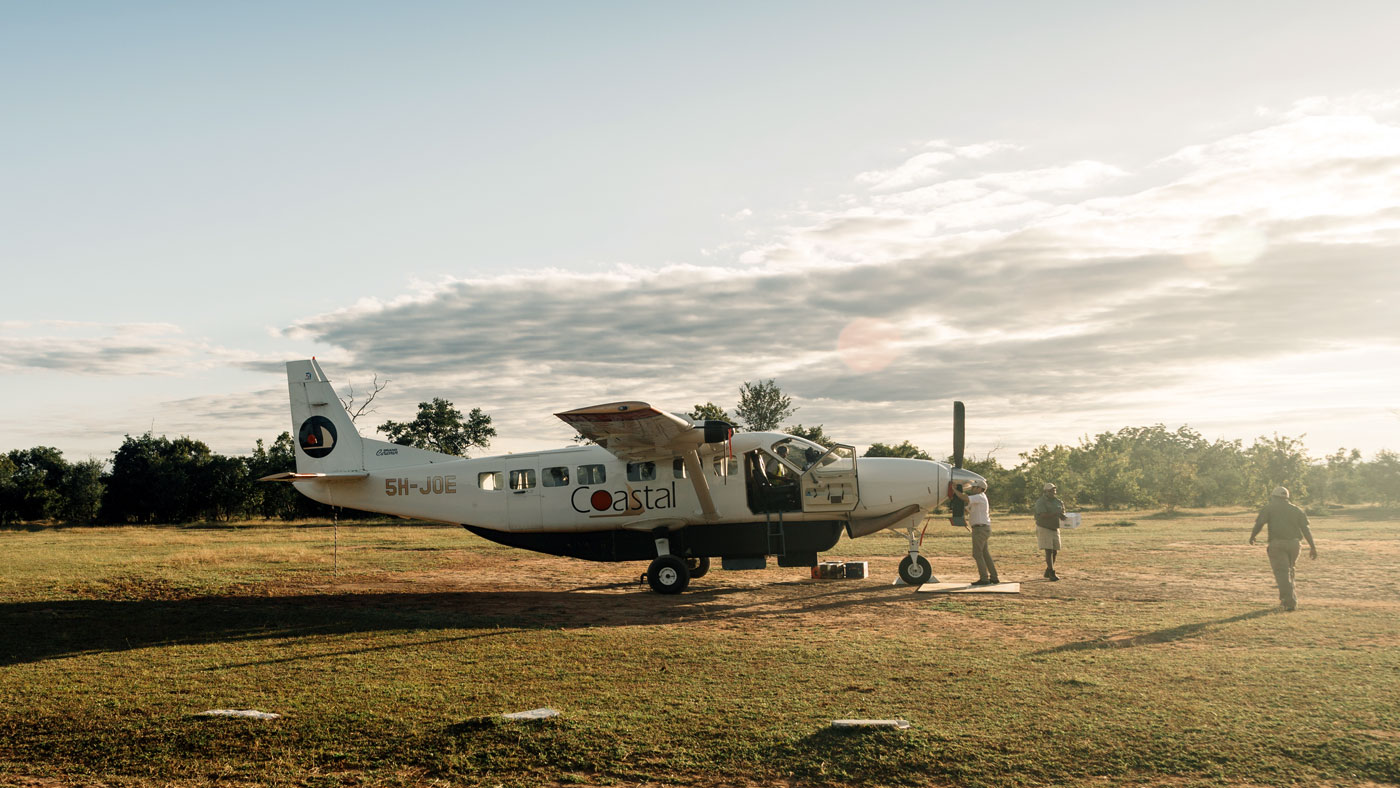
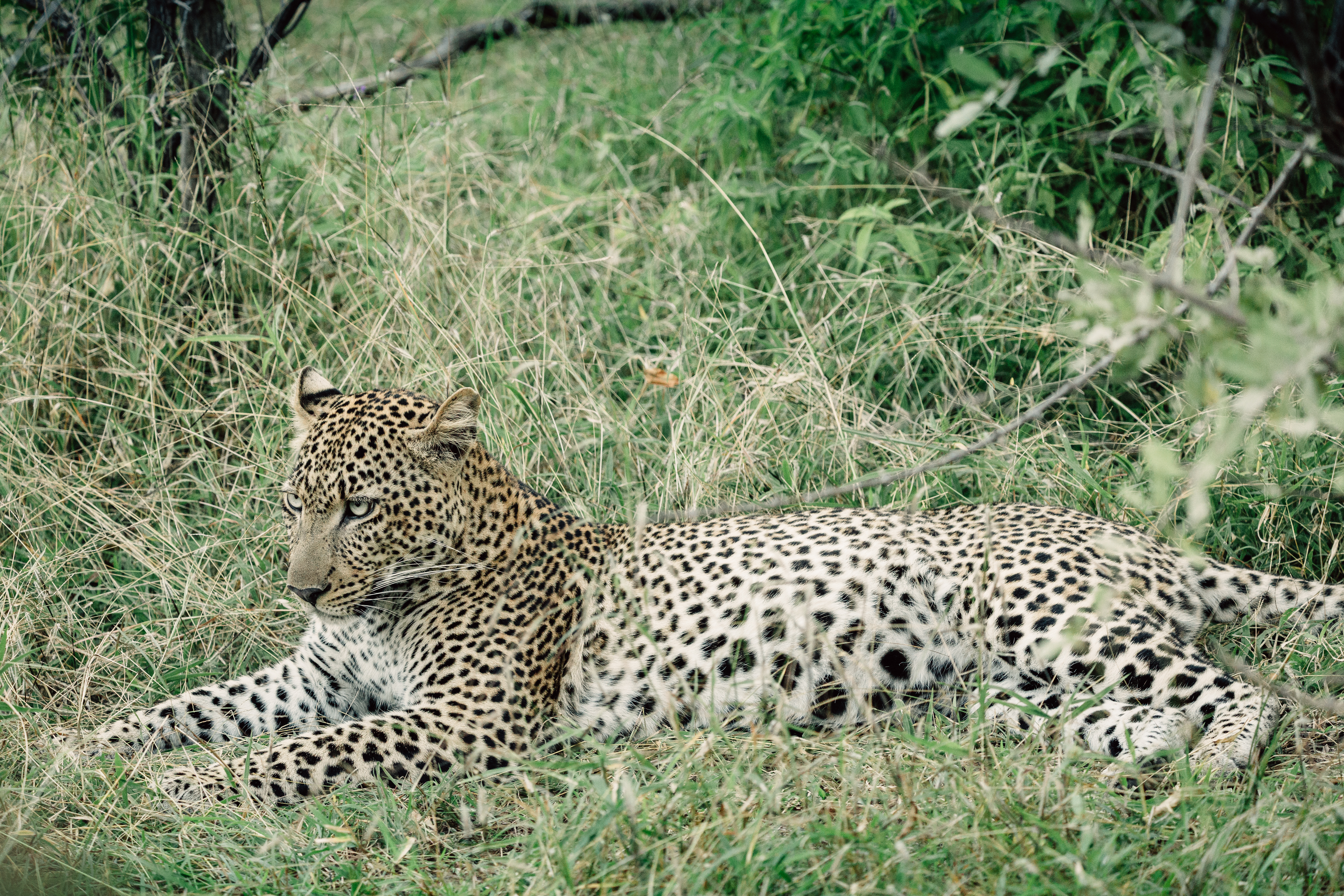
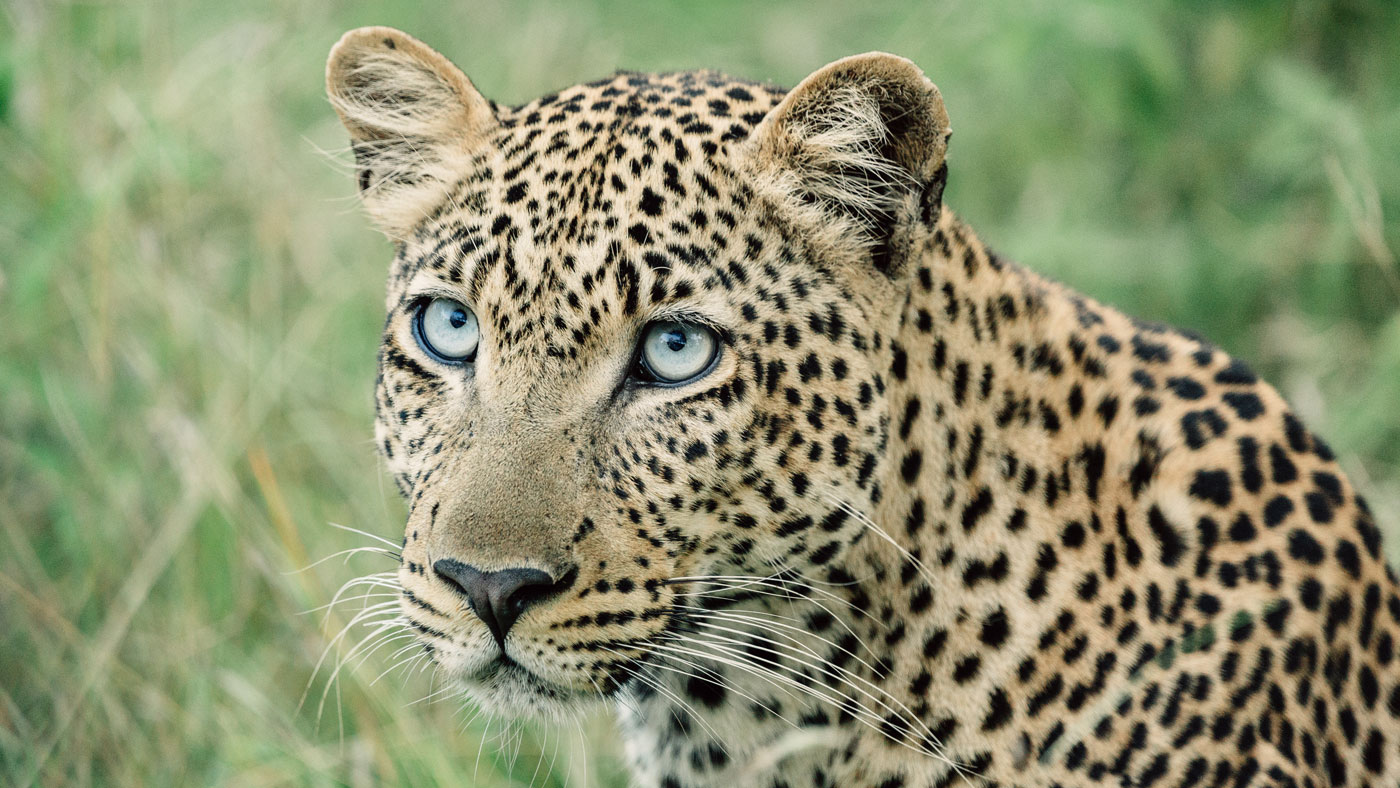
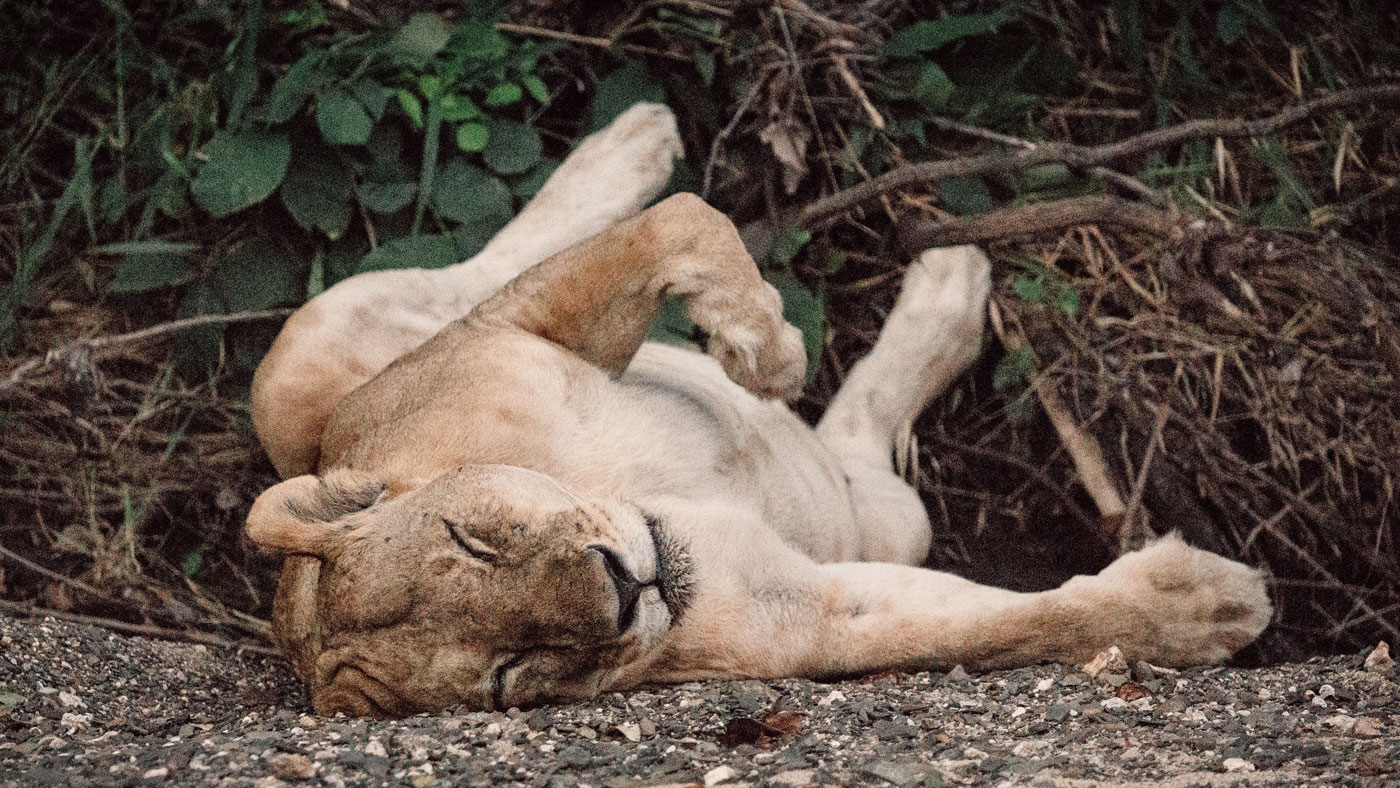
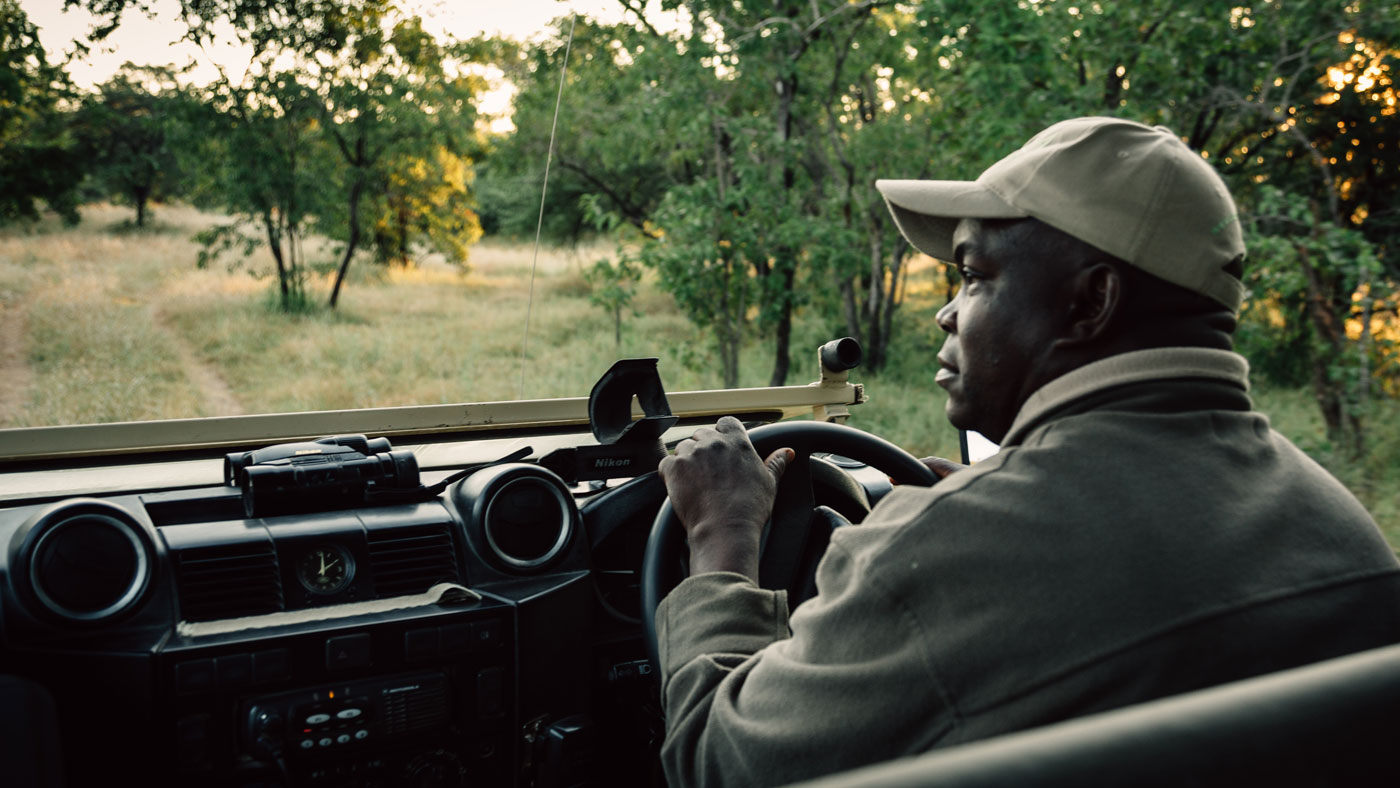
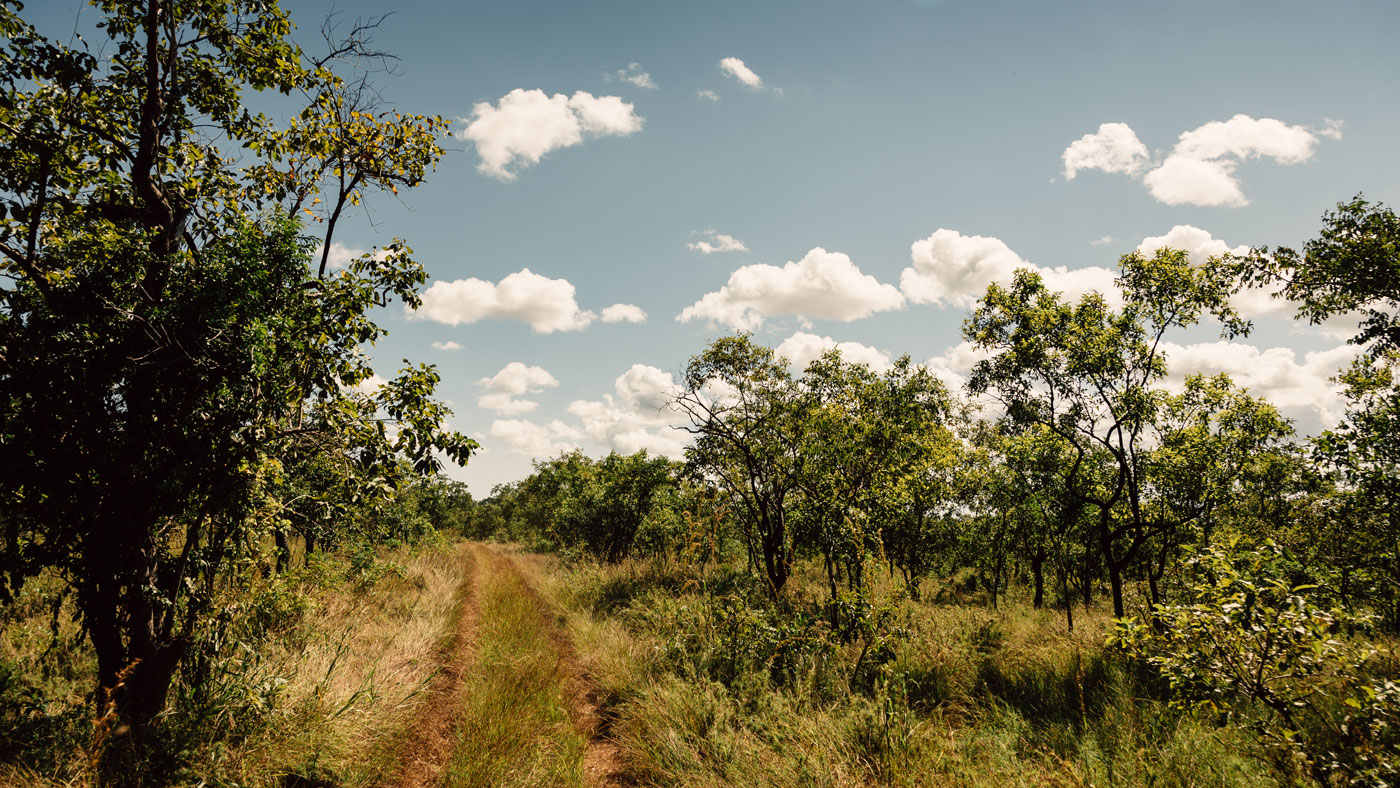
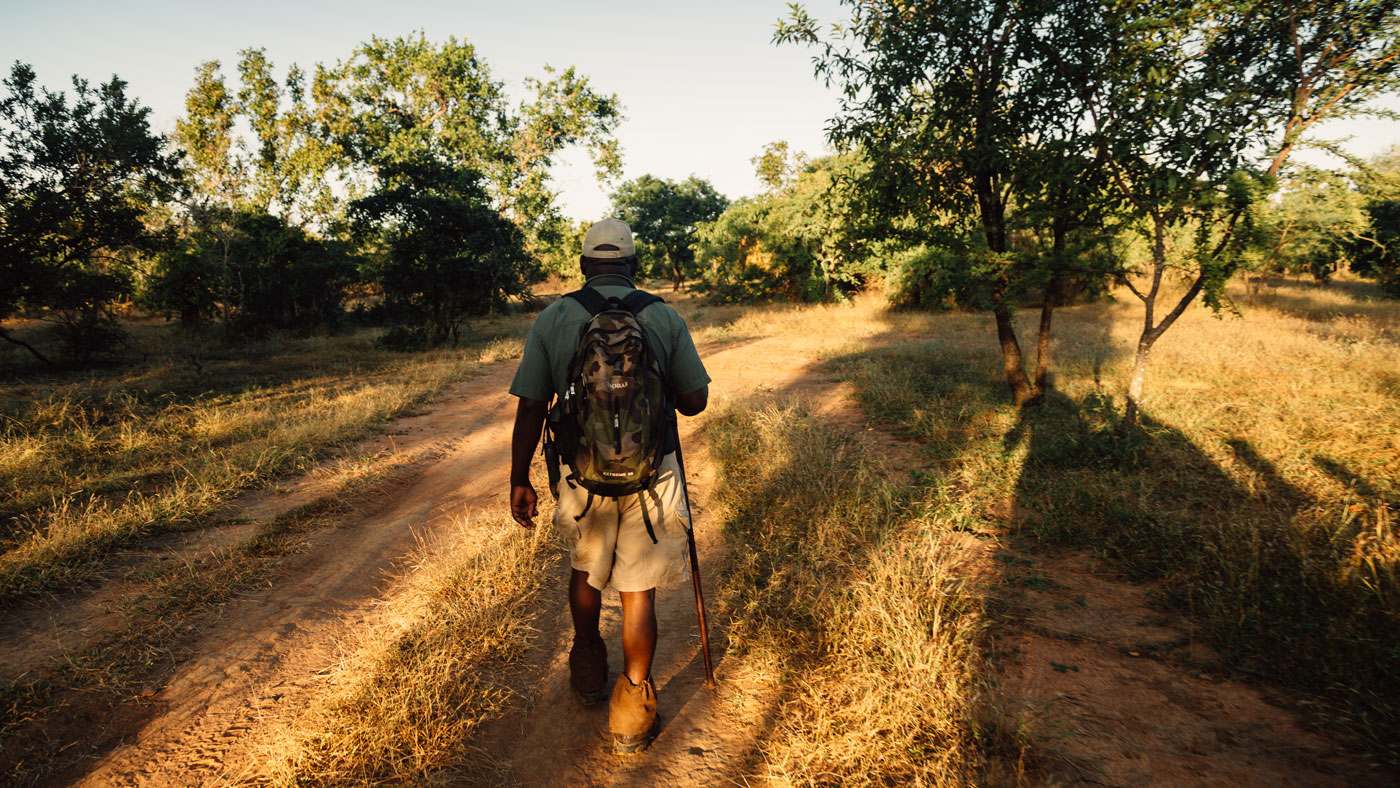
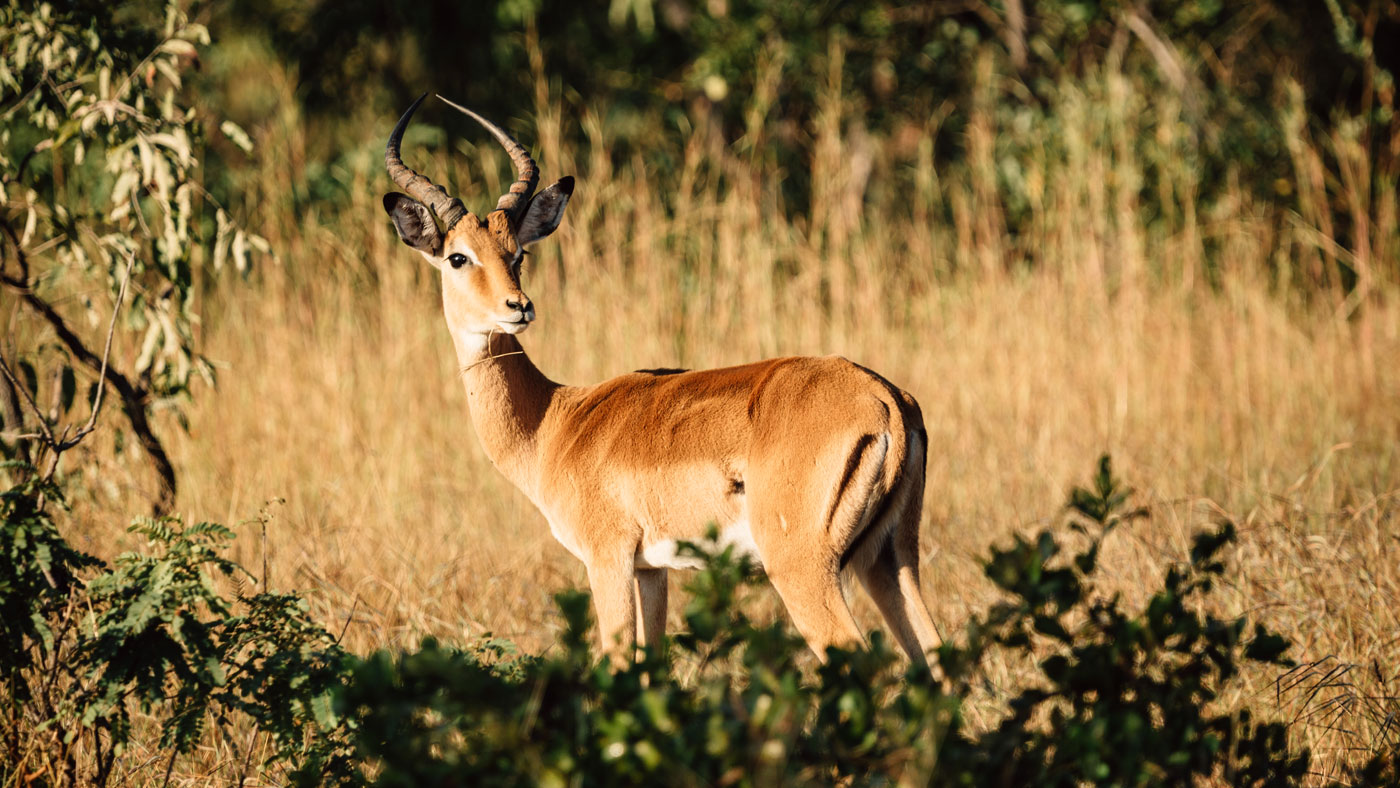
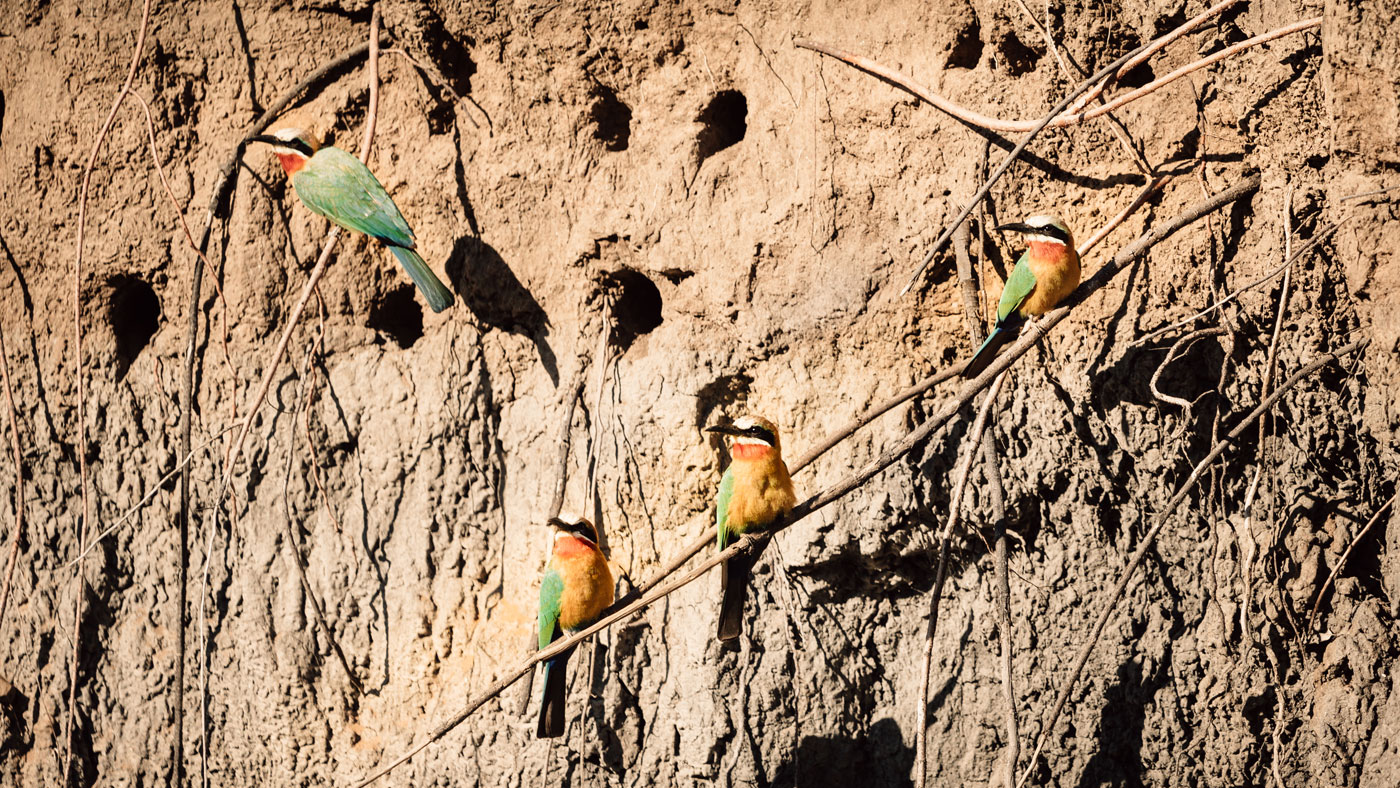
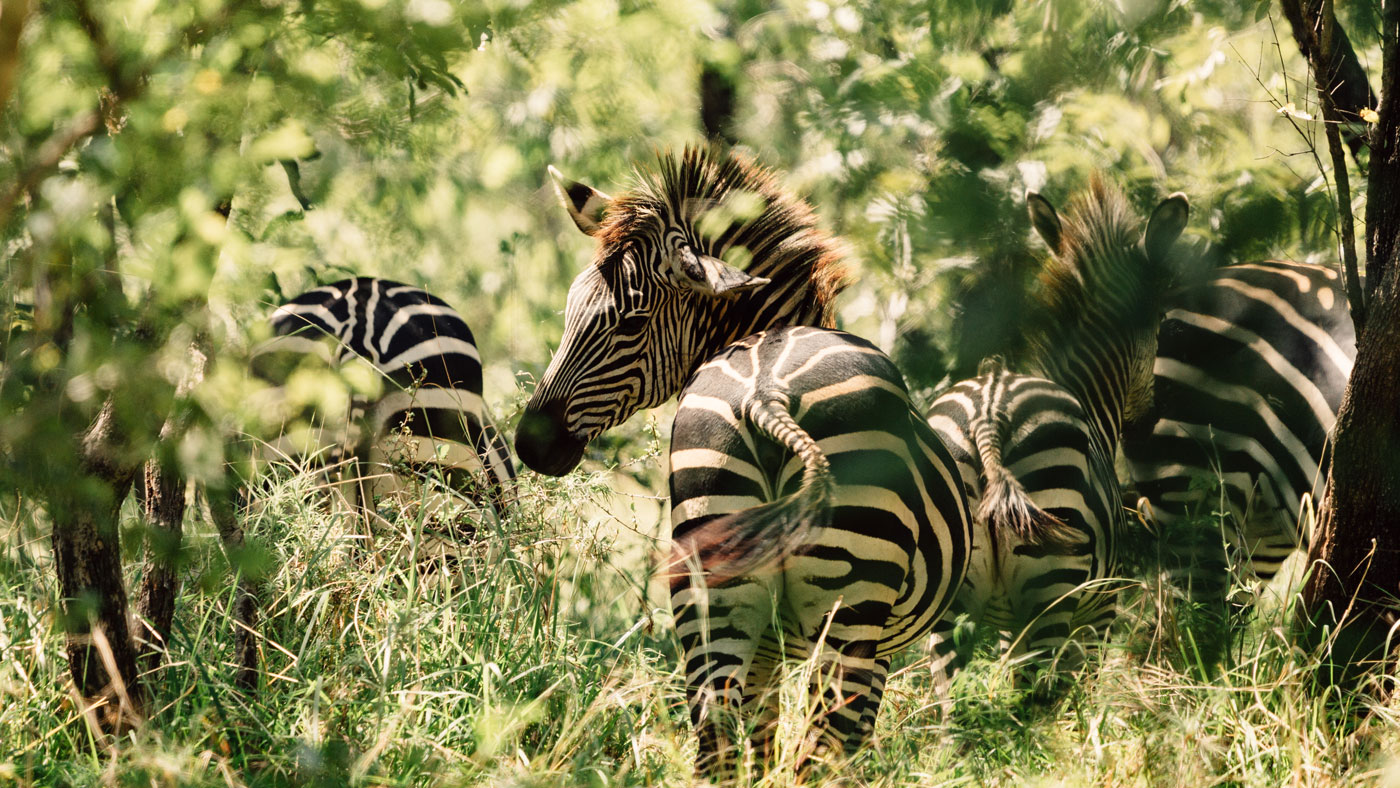
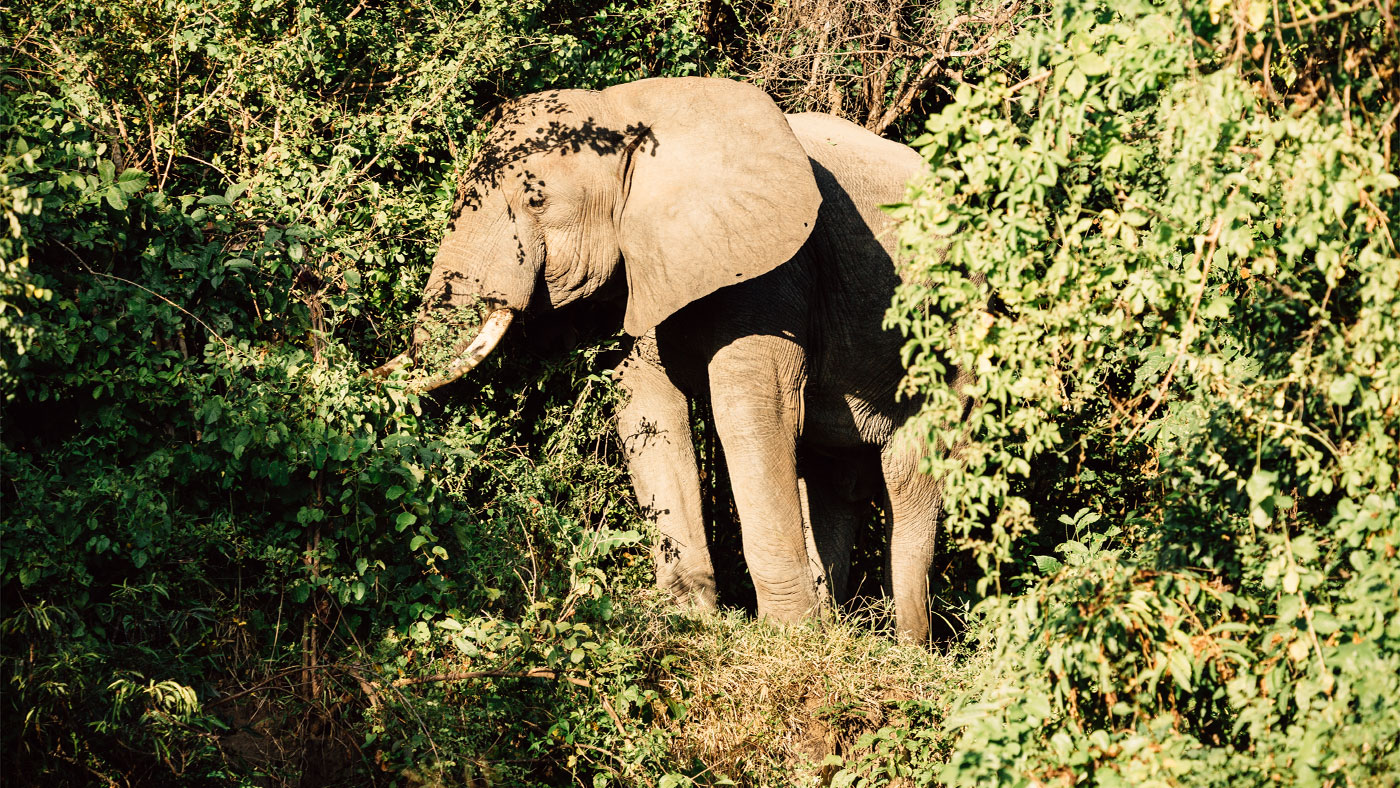
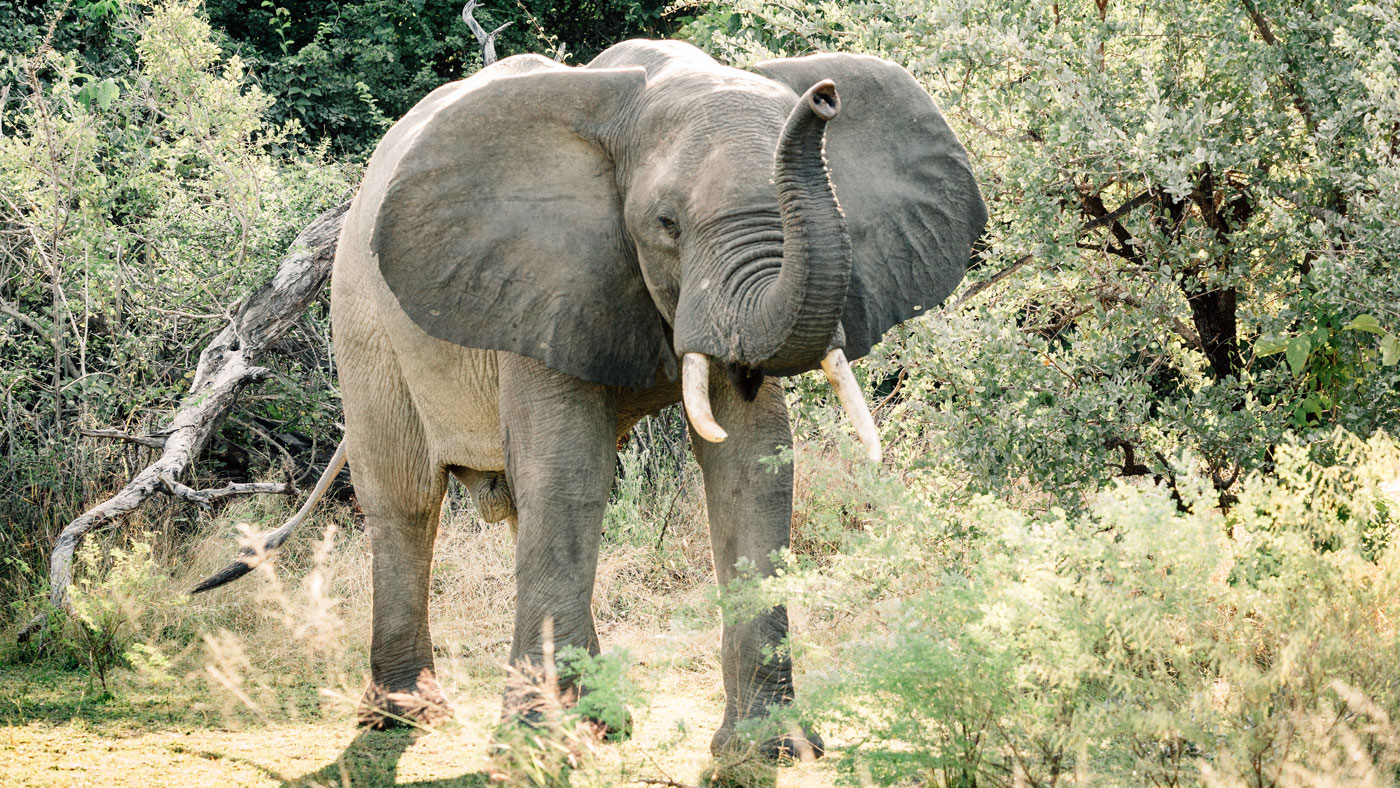
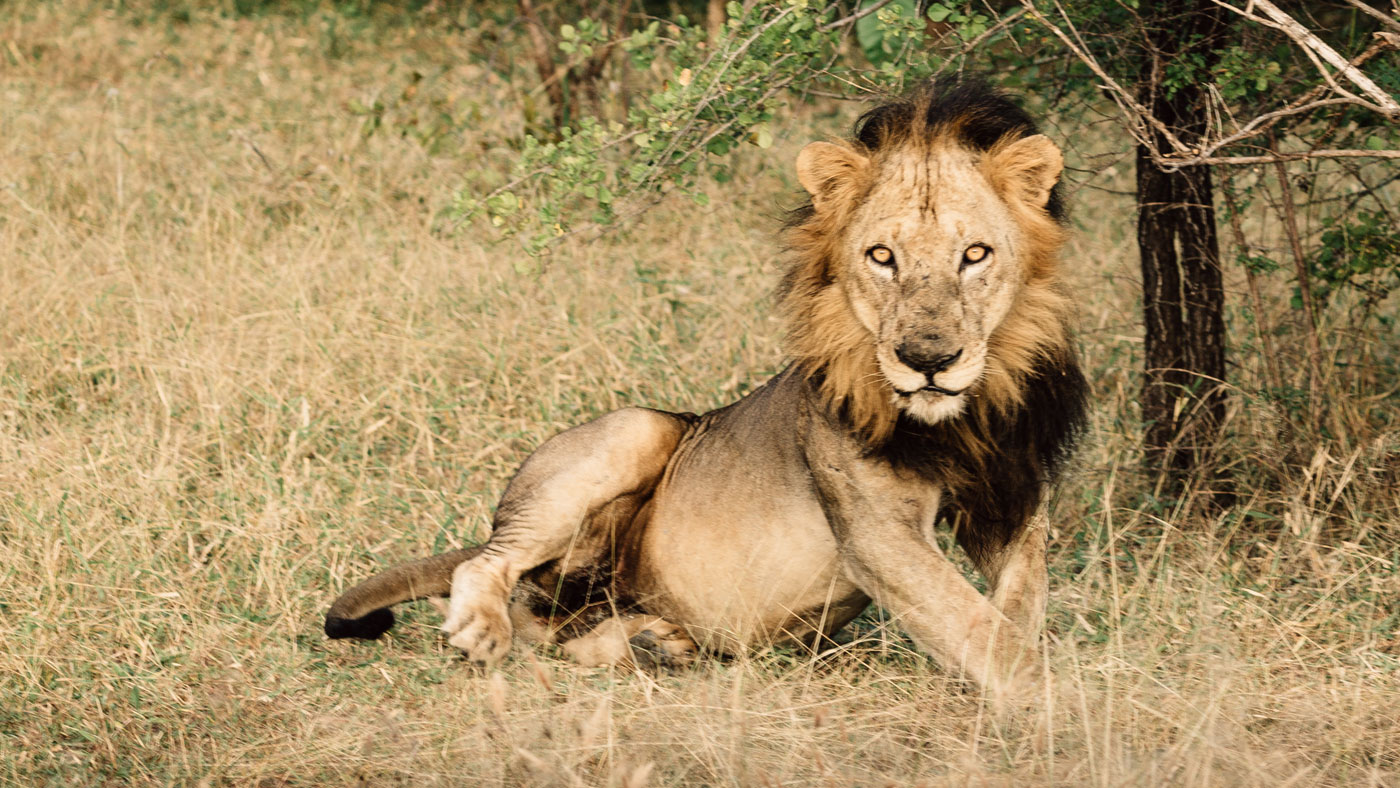
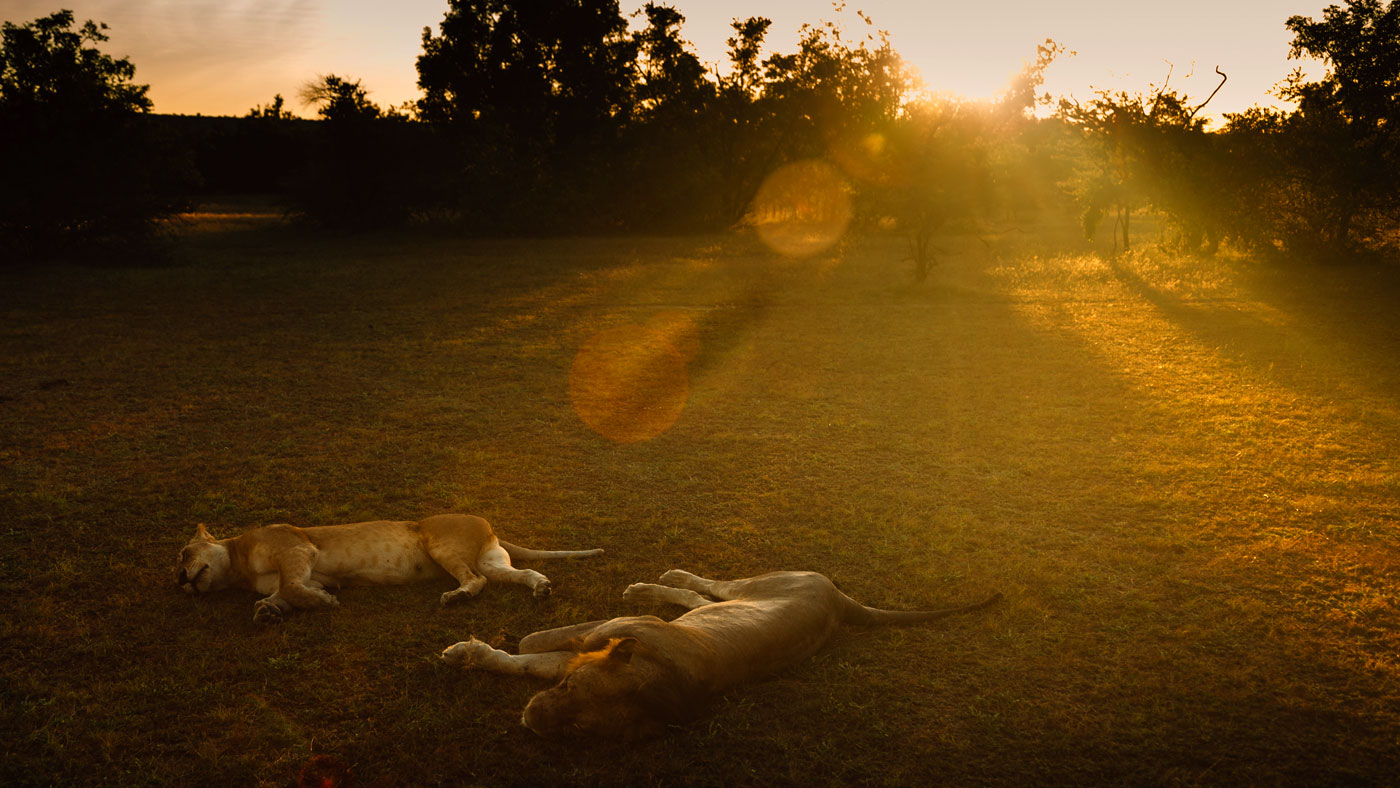
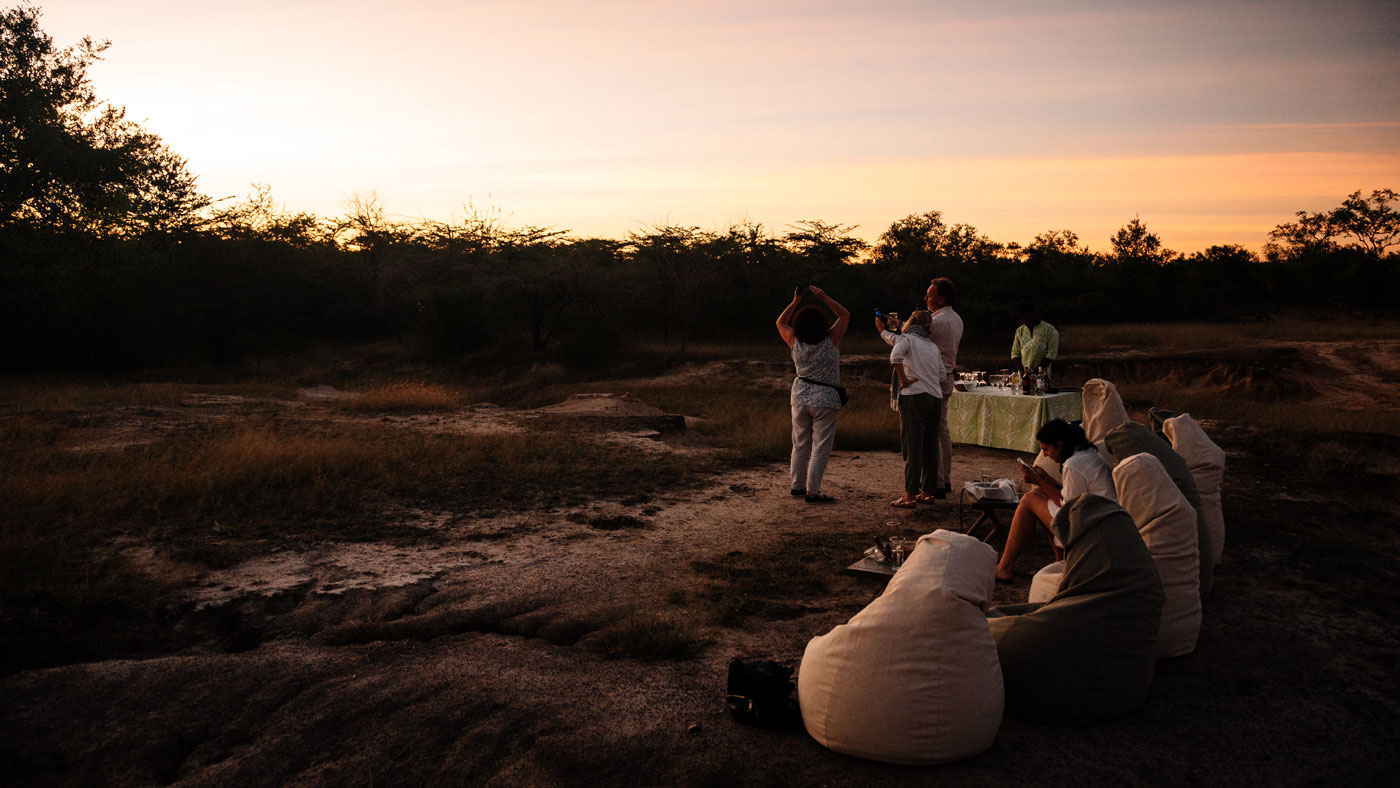
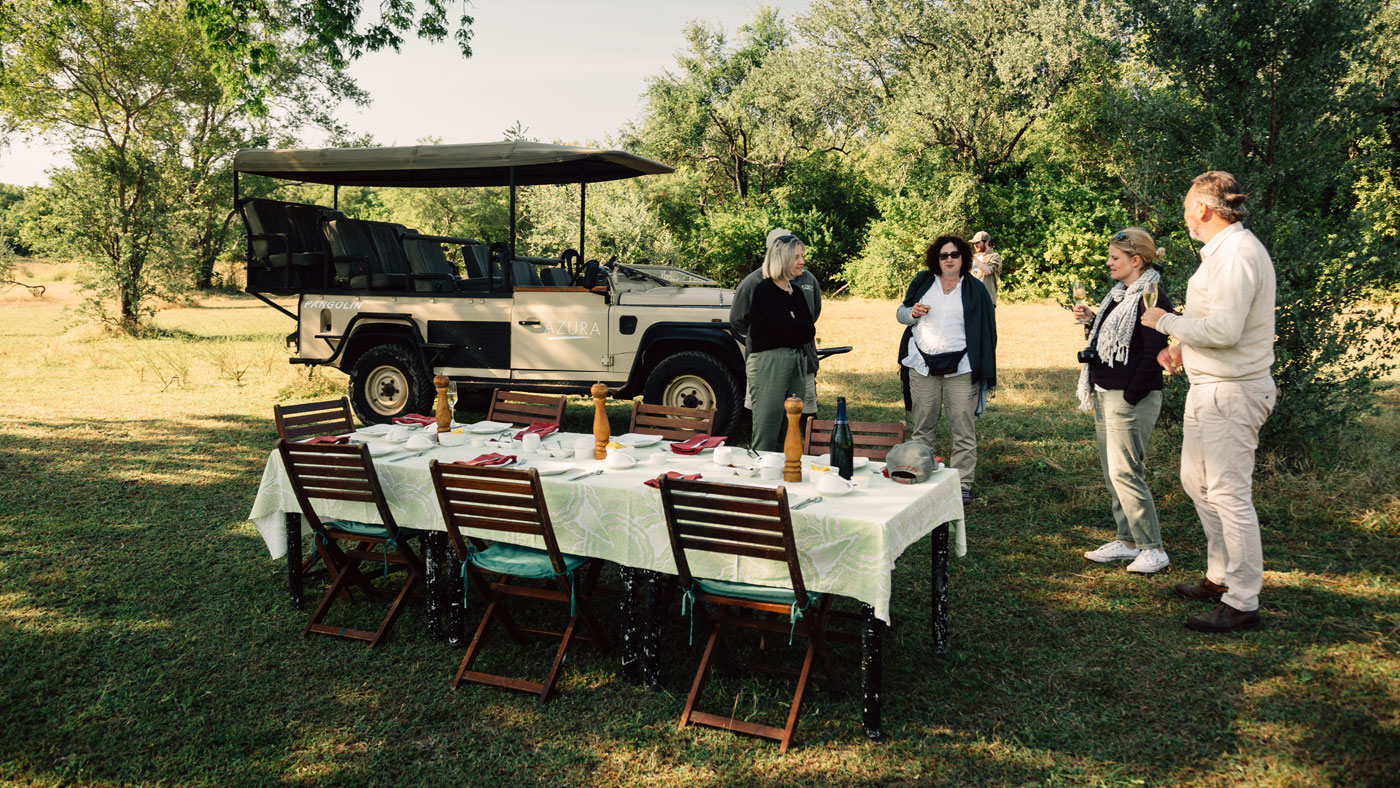
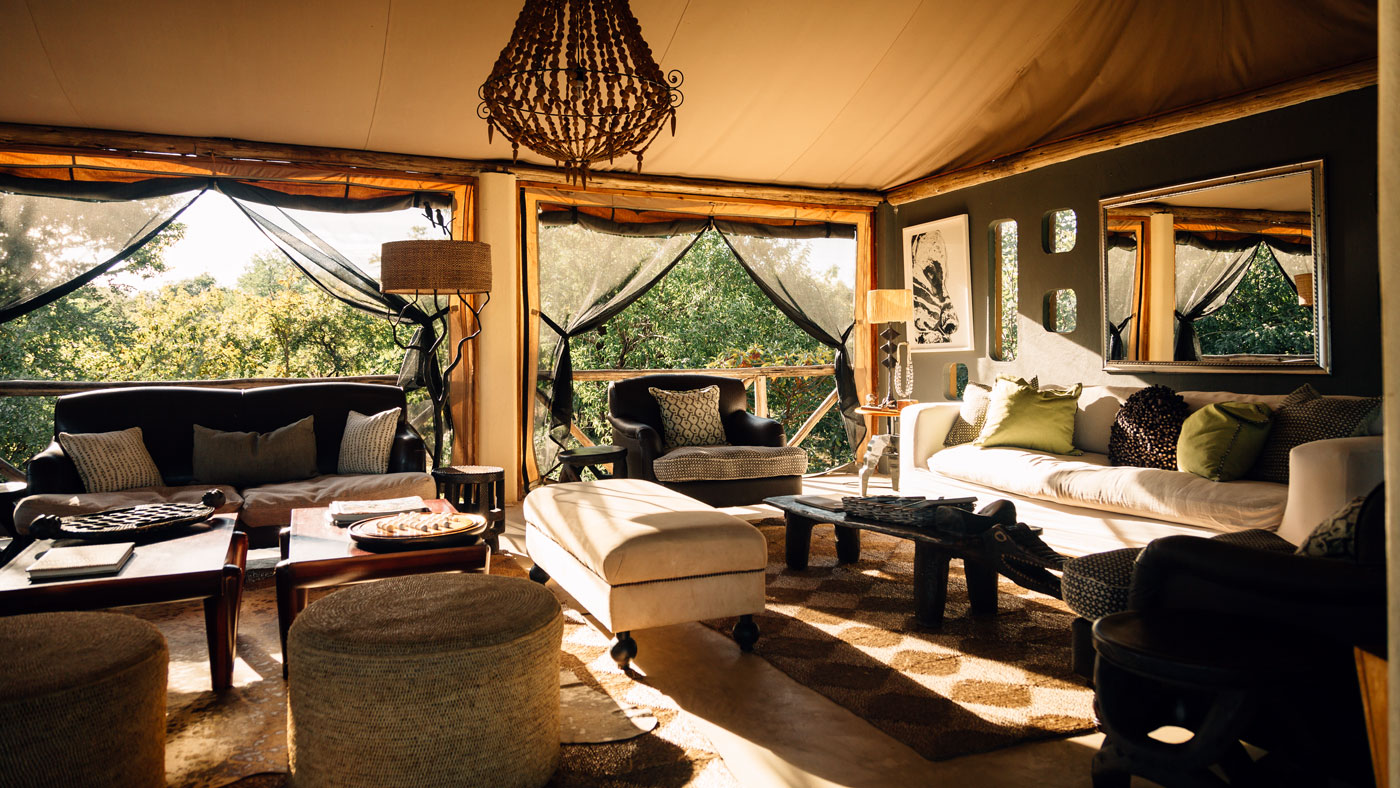
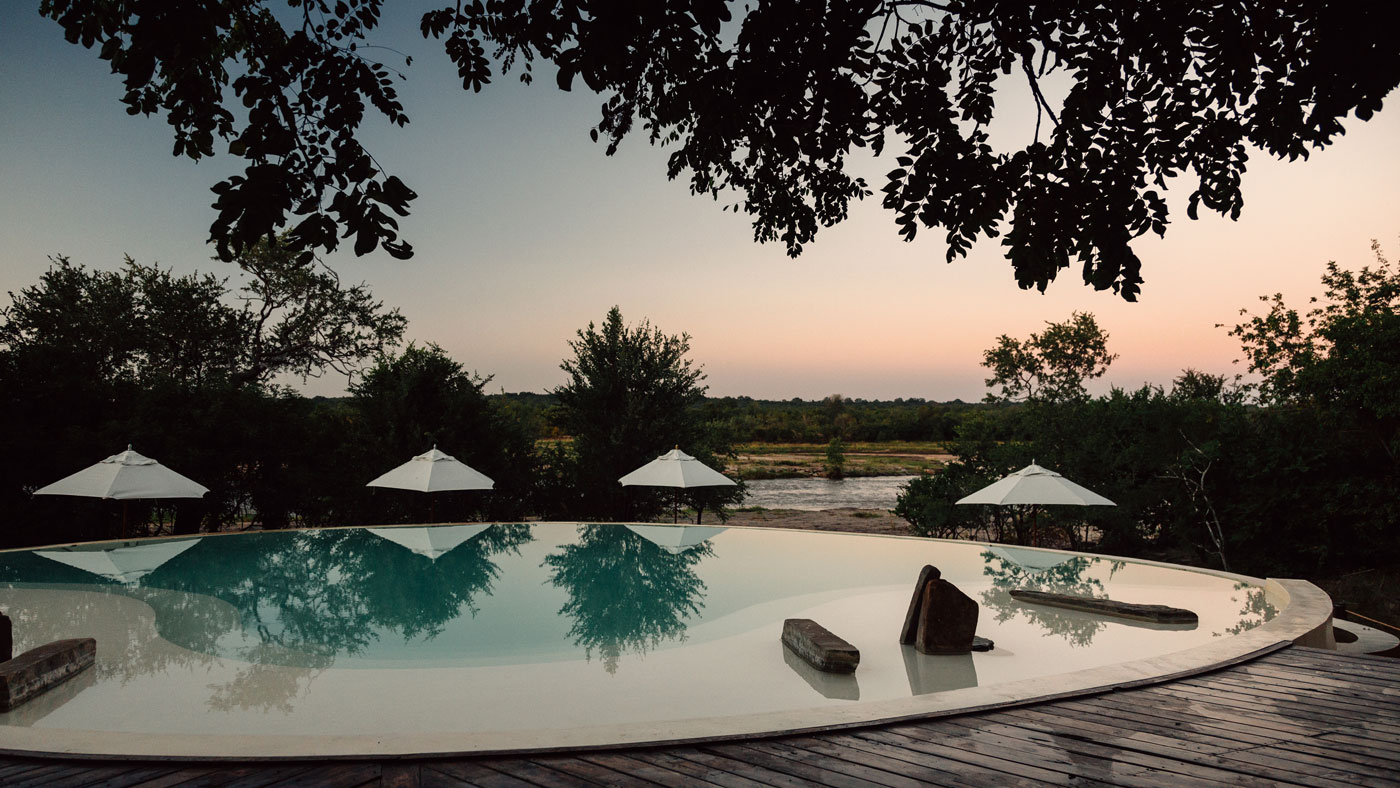
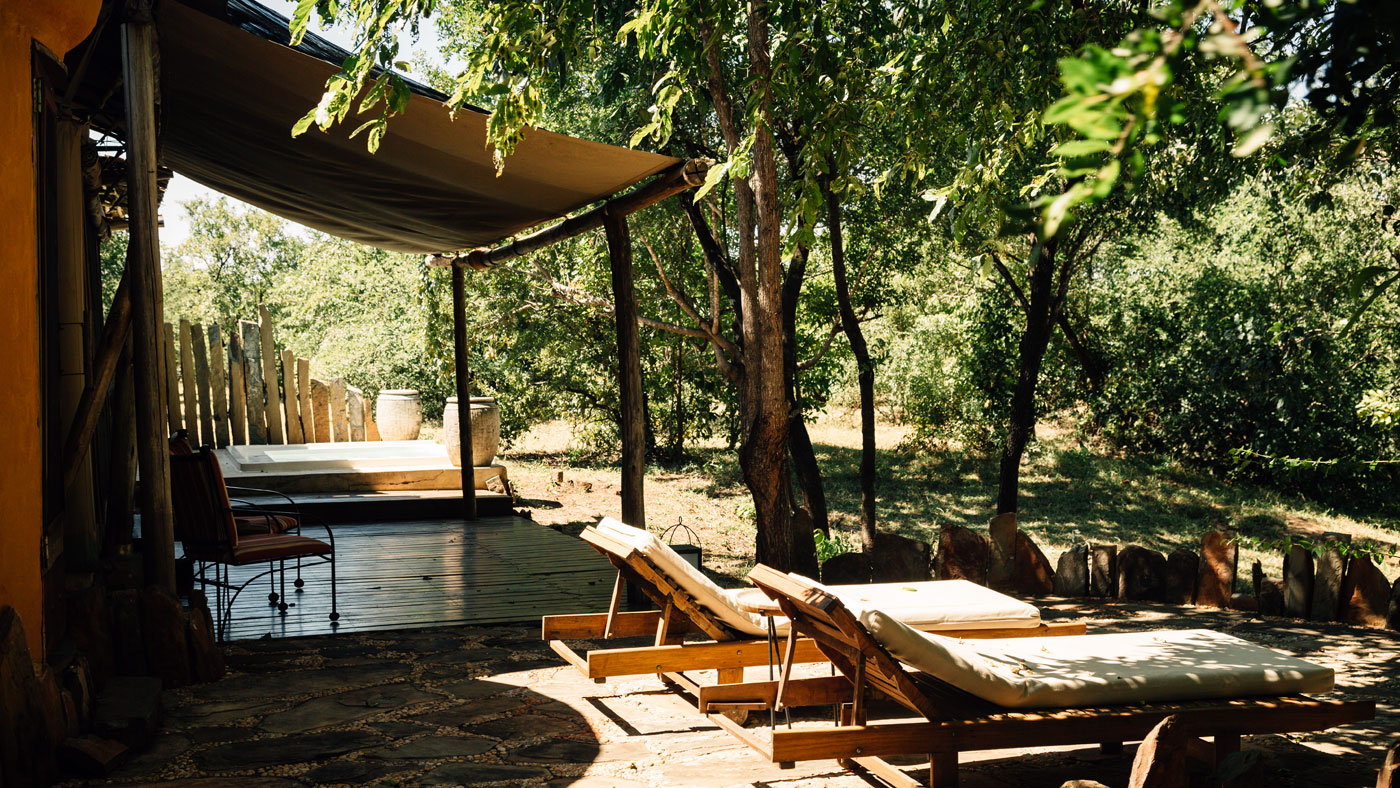
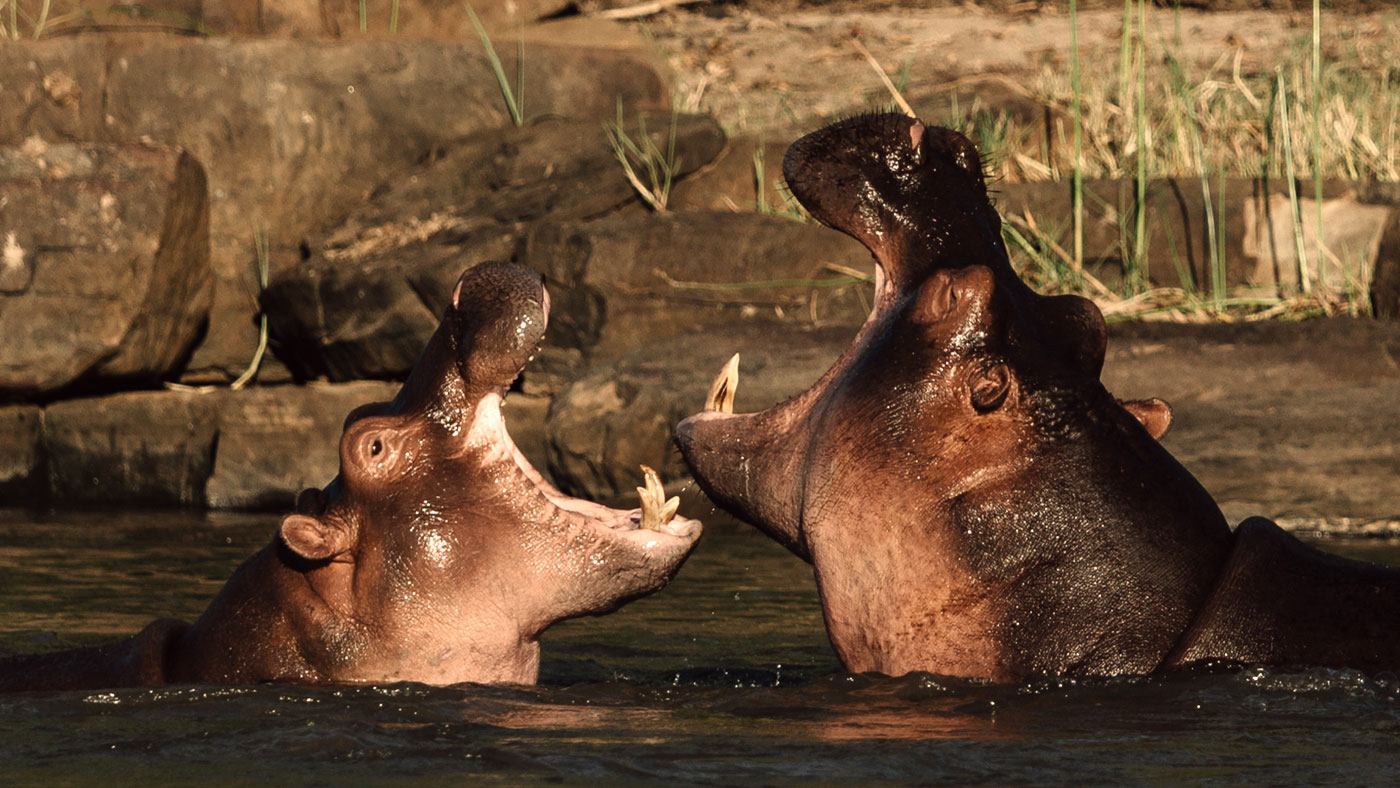
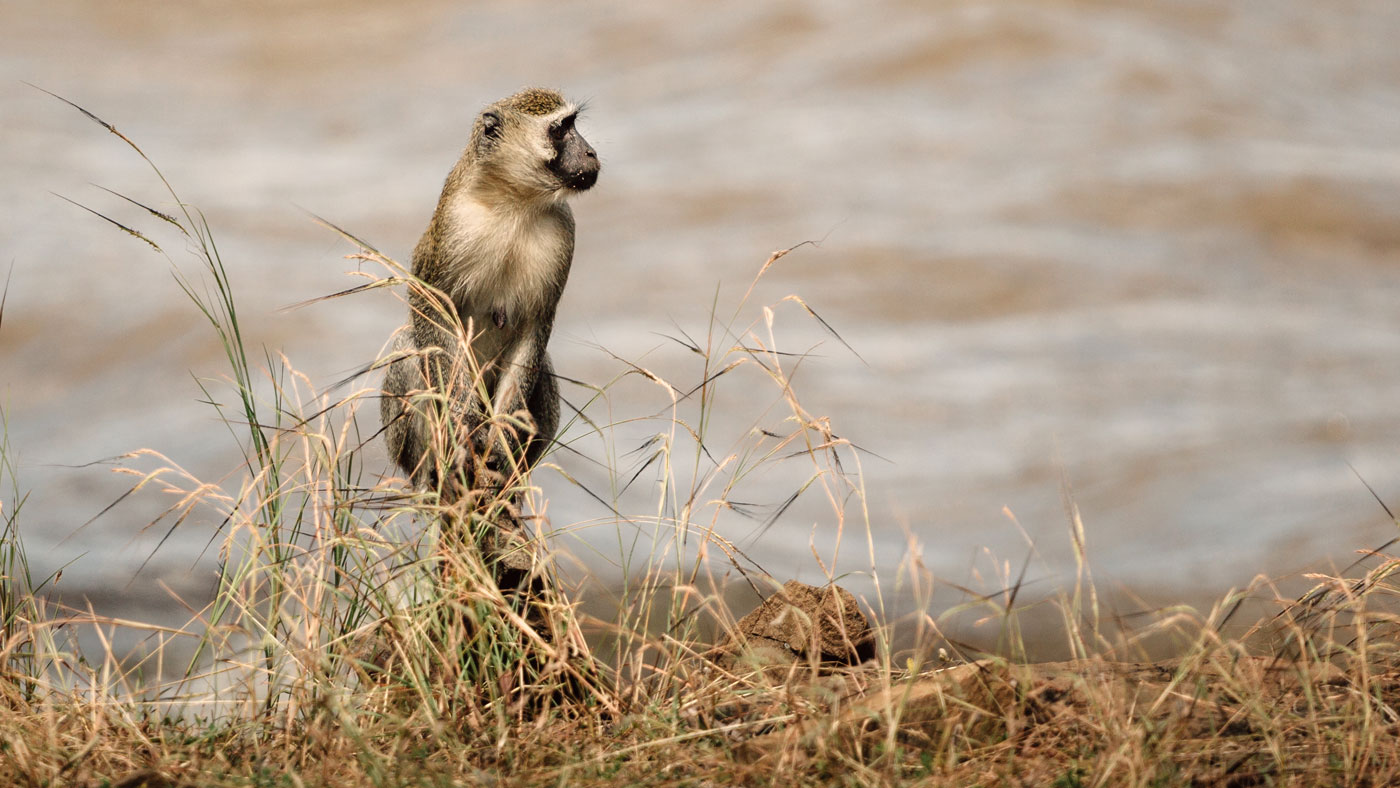
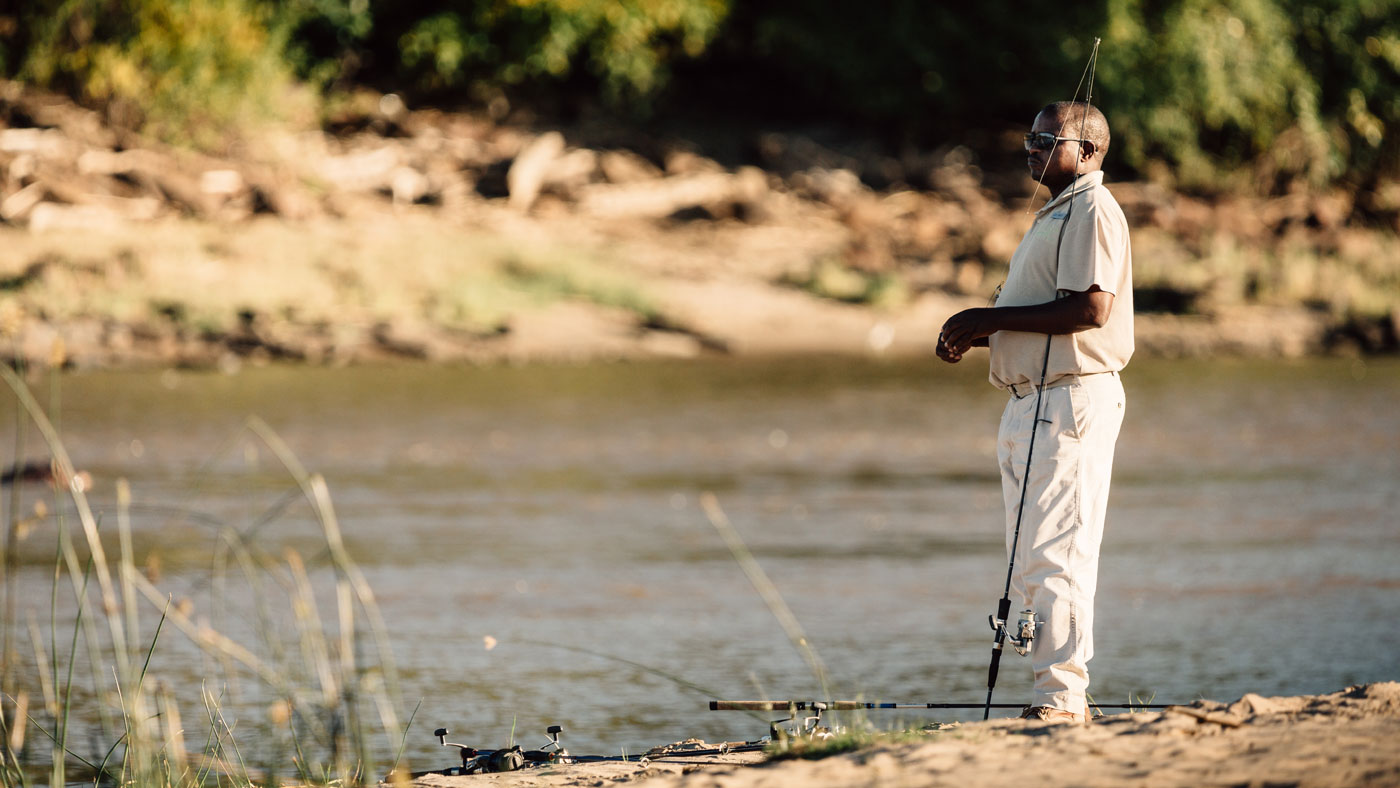

Within an hour of touching down in southern Tanzania, I had encountered no fewer than six animals that, given half a chance, would have had me for lunch.
Guests usually receive a more gradual introduction to Azura Selous, but Joseph Kayoka, our guide, was itching to get into the bush. A leopard had been sighted near the airstrip, and if we missed our chance now we might spend the next four days trying (and quite possibly failing) to track it down.
The elusive leopard is perhaps responsible for more disappointed safari-goers than any other animal. Even in small, fenced parks they tend to glide off into the undergrowth long before human eyes can pick them out. Here in the Selous, an open game reserve the size of Switzerland, most will live out their whole lives unseen by visitors.
The Week
Escape your echo chamber. Get the facts behind the news, plus analysis from multiple perspectives.

Sign up for The Week's Free Newsletters
From our morning news briefing to a weekly Good News Newsletter, get the best of The Week delivered directly to your inbox.
From our morning news briefing to a weekly Good News Newsletter, get the best of The Week delivered directly to your inbox.
Joseph, however, had found an obliging exception: a four-year-old male dozing in a long patch of grass, who lifted his head for the camera as we approached. His eyes, soft and soulful, glowed limpid blue in the halflight of dusk. The four lions we passed on our way back to the lodge, and the eight-foot crocodile we spotted just afterwards, were almost an anticlimax.

It was the perfect start to a safari, but in truth also a deceptive one. There would be times over the next three days when the Selous would make us - or rather Joseph - work hard before yielding its bounty.
Named after Frederick Courteney Selous, a British soldier and pioneering conservationist, the park is one of the oldest and largest in Africa. Its 20,000 square miles of grassland, forest, sandy hills and swampy valleys provide an unusually diverse range of habitats - and a final resting place for Selous, who died there in a skirmish with German troops during the First World War.
Game drives here traverse a bewildering variety of terrain, some textbook Africa - acacia trees and golden plains - others reminiscent of Italian olive groves or even English woodland. The big beasts are a bonus, but the Tanzanian landscape is a draw in itself when the animals are less than cooperative.
A free daily email with the biggest news stories of the day – and the best features from TheWeek.com

In fact, a morning spent in fruitless pursuit of an elephant felt less of a failure than an opportunity for Joseph to demonstrate the full range of his tracking techniques. From time to time he jumped out of the open-sided Land Rover to examine a footprint or pile of dung, assessing their freshness.
The most promising lead was the least obvious: a slender vine of climbing begonia lying in thick vegetation. I would never have noticed it had Joseph not loped across the dewy grass to examine the frayed end. An elephant had been chewing on it, and recently, he said. He steered the car off the track and headed due west: in the cool hour or two after dawn, elephants like to walk with the sun behind them, warming their ears.
As we climbed rolling hills and rocky outcrops, crossed streams and pushed through dense undergrowth, I felt as if we had slipped into uncharted territory, a new Eden gilded by the morning light.
Soon a dense patch of forest blocked our westerly route, but Joseph drove in between the trees, stopping now and again to lop off branches with his machete and ease the car through implausibly small gaps. We lurched down a steep bank, our arrival raising a swarm of dragonflies from the boggy woodland floor. They hovered for a moment, a shimmering cloud of emerald picked out in shafts of golden sunlight, and then they were gone.
And still there were no elephants. They may be the world’s biggest land animals, weighing in at six tons, but we couldn’t find one anywhere.
Joseph’s skill and patience paid off the next morning, as he was driving down a dry river bed lined with wild jasmine. He stopped suddenly and pointed to where, perched comically high on the bank above us, a bull elephant stood stock still, surrounded by foliage, hoping we might not have noticed him.

We drove up out of the river bed, around the ribbon of trees and found him on the other side, munching his way through a mouthful of leaves. He was not, however, in the mood to receive visitors. As he flapped his ears and rocked back and forth, we declared our elephant-tracking mission a success and beat a retreat.
The encounter was still top of mind the following morning, when we set out on foot, without the protection of the 4x4. A walking safari, Joseph said, would bring us closer to the flora and fauna of the Selous. It would also, of course, bring it closer to us.
There are natural warning signs to look out for. Giraffe poo, for example, will reveal not only the gender of its creator (the male product is pointed at one end, the female dimpled at both), but also, potentially, the location of predators. A neat pile of droppings indicates a giraffe at leisure; a scattered trail betrays an animal in flight. Follow the breadcrumbs and you might end up face to face with whatever it was running from.

Accompanied by Joseph, armed with 20 years’ guiding experience, and a ranger, armed with a rifle and named Goodluck, we were in safe hands. But still I felt a frisson as we crossed paths with a hyena and then, under a tree, found the fresh shin bone of an impala, dropped by a leopard from its perch in the canopy above.
Even the mundane can be remarkable. At one point Joseph pointed to a nondescript mark in the dust, about the size of a 50p piece. When the rains come, he said, this impala footprint will fill with water, drawing in birds that will bathe and splash, making the mud bath bigger. More rains will come, and then small mammals will drink from it, churning up the ground, making the hole bigger still. Years from now, there could be hippos wallowing in this dusty little hoofprint.
A good safari should change the way you look at the world, and this was our second shift of perspective in 12 hours. The evening before, we had sat around a campfire as the sky turned dark and the stars came out, and listened to a mind-expanding lecture on the solar system and what lies beyond. So far from the nearest source of light or air pollution, the night sky here is epically dark, and we counted out the shooting stars, satellites and planets - Venus, Jupiter and Mars are all visible to the naked eye - as we contemplated our place in the universe. Then we ate our dinner in a forest clearing, surrounded by paraffin lamps to ward off wild animals.

This is one of the few places on Earth that has always been theirs. Across Africa, land used for cash crops and cattle is gradually being turned back over to wilderness, but the Selous has never been farmed, fenced or settled. In fact there’s little sign of human habitation anywhere in the area, from any era - just a handful of glass beads, found on the bank of the Ruaha River a few miles upstream. They are thought to have been left by hunter-gatherers passing through the area about 1,000 years ago.
The thought played on my mind as I stood by the same river late one afternoon, ostensibly fishing but actually just watching the water slip past. What would have changed here in the millennium since those men and women floated past? Probably not all that much. Then too, there would have been hippos basking in the golden evening light, eagles cruising on thermals, scouring the bush for their prey, and somewhere out there, the lions and leopards, waiting for their chance as the stars came out.
I was drawn back into the present by a sharp tug on the line. I pulled back hard and the rod twitched and bowed under the strain.
“I've caught something,” I shouted across to the ranger.
“Is it Africa?” he replied. It was no doubt a question he’d asked of countless guests whose hook had snagged a rock on the river bed.
Then the line went slack and the rod leapt back. The fish had broken free, but the ranger wasn’t entirely wrong. I had caught Africa - or rather it had caught me.

Azura Selous: what you need to know
Where is it?
At the quieter western end of the game reserve, Selous Azura is about 130 miles southwest of Dar es Salaam, in central southern Tanzania. Road access is impractical despite the relatively short distance from the city, but Selous Azura can book you on a light-aircraft flights to Sumbazi airstrip, a short drive from the lodge.
The landscape
The Selous offers a huge variety of habitats, ranging from dense woodland to green rolling hills and acacia-studded grassland reminiscent of the Serengeti. It is criss-crossed by seasonal rivers which fill after torrential rains. The Ruaha river, alongside Azura Selous, is in permanent flow.

The game
The size and diversity of the Selous has attracted a large variety of animals, some of which you will see (and hear) from the comfort of your villa. Hippos bob and grunt in the river - and roam through the camp in search of grass during the night. Vervet monkeys may be seen bounding from rock to rock along the river bank, and impala will scatter from your path as you stroll in for lunch.
Out on game drives, you will see the bigger beasts. With two prides in the area, lions are a common sighting, as are giraffe, zebra, elephant and antelopes of all shapes and sizes. Hyena and leopard are more elusive but not uncommon. A pack of wild dogs periodically sets up its den near the lodge: if your visit coincides with theirs you’ll be lucky enough to spend some time with these rare carnivores.

Accommodation and food
Azura Selous consists of 12 spacious villas arranged along the river, as well as a timber-framed restaurant, lounge and swimming pool. The villas are part brick, part canvas, and all include ensuite bathrooms with inside and outside showers - as well as sundecks and plunge pools. The tents are air-conditioned during the afternoons and evenings.
Food is delicious and skilfully made - and more true to its location than at many other lodges, which tend either towards incongruous European classics or large slabs of red meat. Here there's plenty of fish, prawns and salad, all served with a distinctively African twist - one night, for example, we had Nile perch, a sweet and meaty freshwater fish, with mango and red pepper salsa.
Meals are served a la carte at private tables - out in the bush for breakfast, and at various points around the main lodge for most lunches and dinners.

When to go
Azura Selous is open from June to March, closing for two months for the wet season, when tracks through the park become impassable. The park is at its most photogenic (and coolest) in June and July, after the rains have washed the dust out of the air and carpeted the landscape in green - but animals are easier to find as the dry season wears on and they congregate around sources of water.
Price and booking
Azura Selous offers stays from £530 per person per night, excluding park fees, tourism levy and medivac insurance. Guests can get four nights for the price of three until 6 January 2019. For more information or to book, visit azura-retreats.com.
Flights from various UK airports to Dar es Salaam are available from about £400 return. Light aircraft transfers to Selous Azura cost about £335 return.
Holden Frith is The Week’s digital director. He also makes regular appearances on “The Week Unwrapped”, speaking about subjects as diverse as vaccine development and bionic bomb-sniffing locusts. He joined The Week in 2013, spending five years editing the magazine’s website. Before that, he was deputy digital editor at The Sunday Times. He has also been TheTimes.co.uk’s technology editor and the launch editor of Wired magazine’s UK website. Holden has worked in journalism for nearly two decades, having started his professional career while completing an English literature degree at Cambridge University. He followed that with a master’s degree in journalism from Northwestern University in Chicago. A keen photographer, he also writes travel features whenever he gets the chance.
-
 The 8 best TV shows of the 1960s
The 8 best TV shows of the 1960sThe standout shows of this decade take viewers from outer space to the Wild West
-
 Microdramas are booming
Microdramas are boomingUnder the radar Scroll to watch a whole movie
-
 The Olympic timekeepers keeping the Games on track
The Olympic timekeepers keeping the Games on trackUnder the Radar Swiss watchmaking giant Omega has been at the finish line of every Olympic Games for nearly 100 years
-
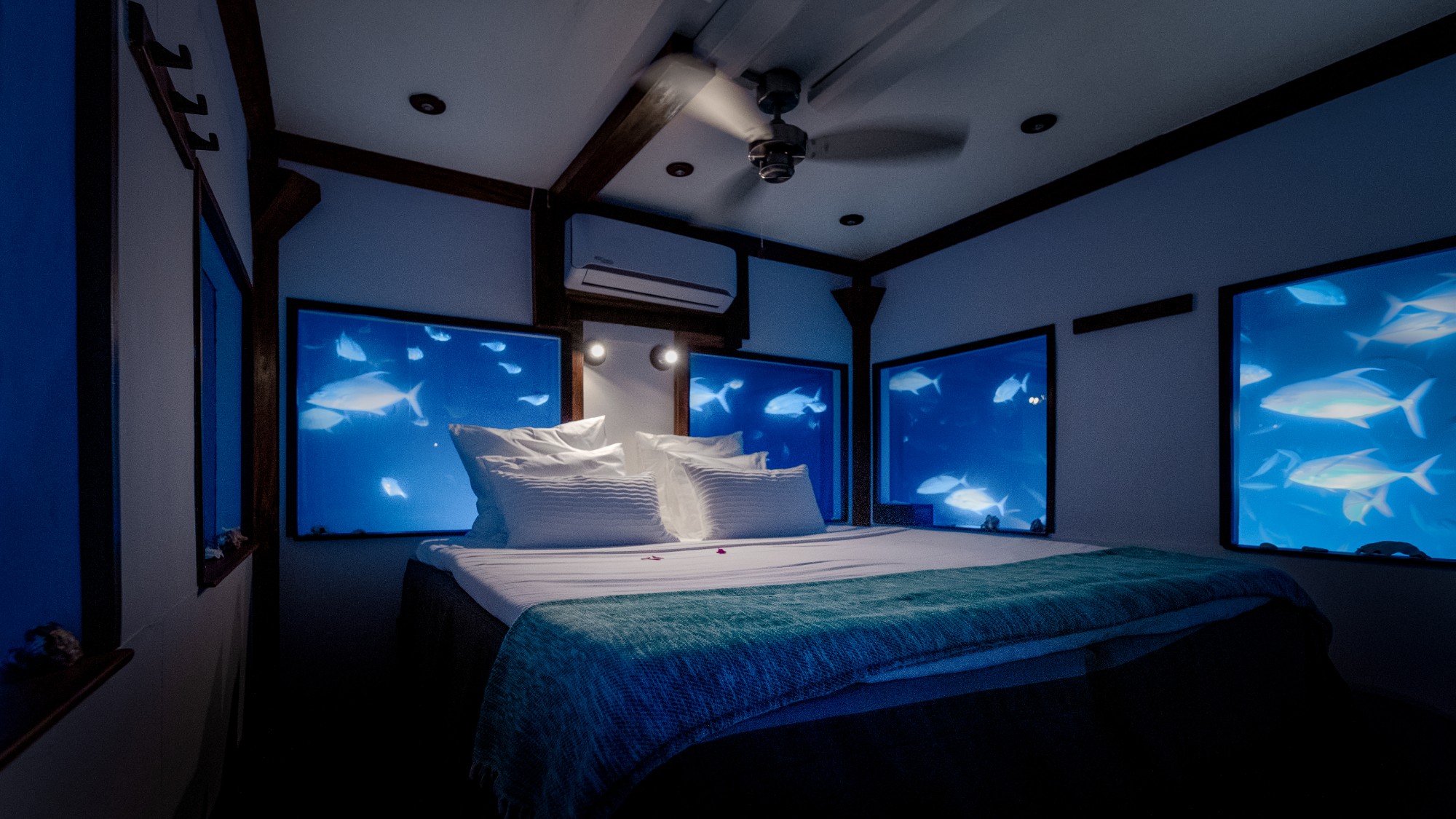 Dive right into these 8 underwater adventures
Dive right into these 8 underwater adventuresThe Week Recommends It’s time to make a splash
-
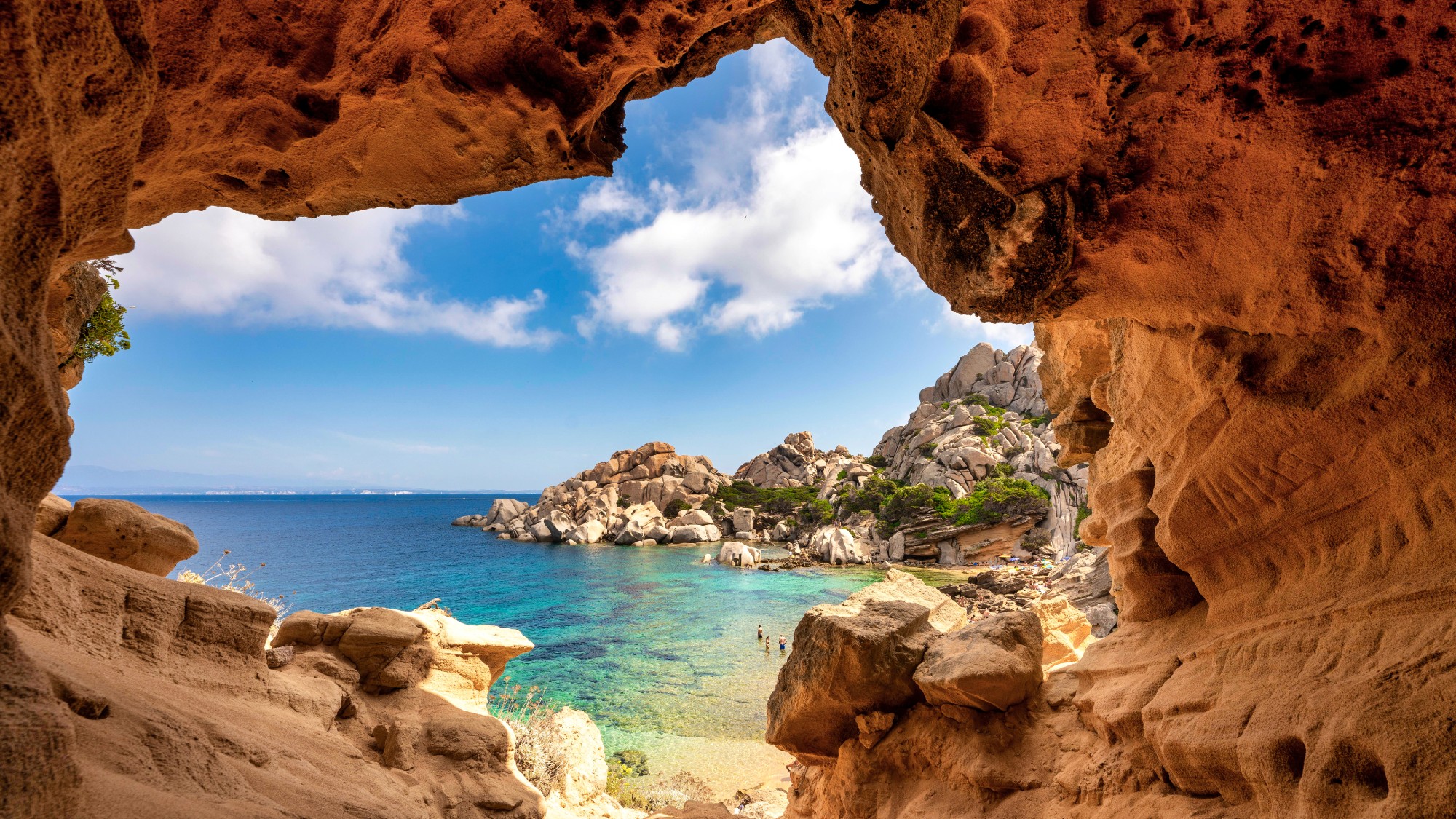 8 incredible destinations to visit in 2026
8 incredible destinations to visit in 2026The Week Recommends Now is the time to explore Botswana, Mongolia and Sardinia
-
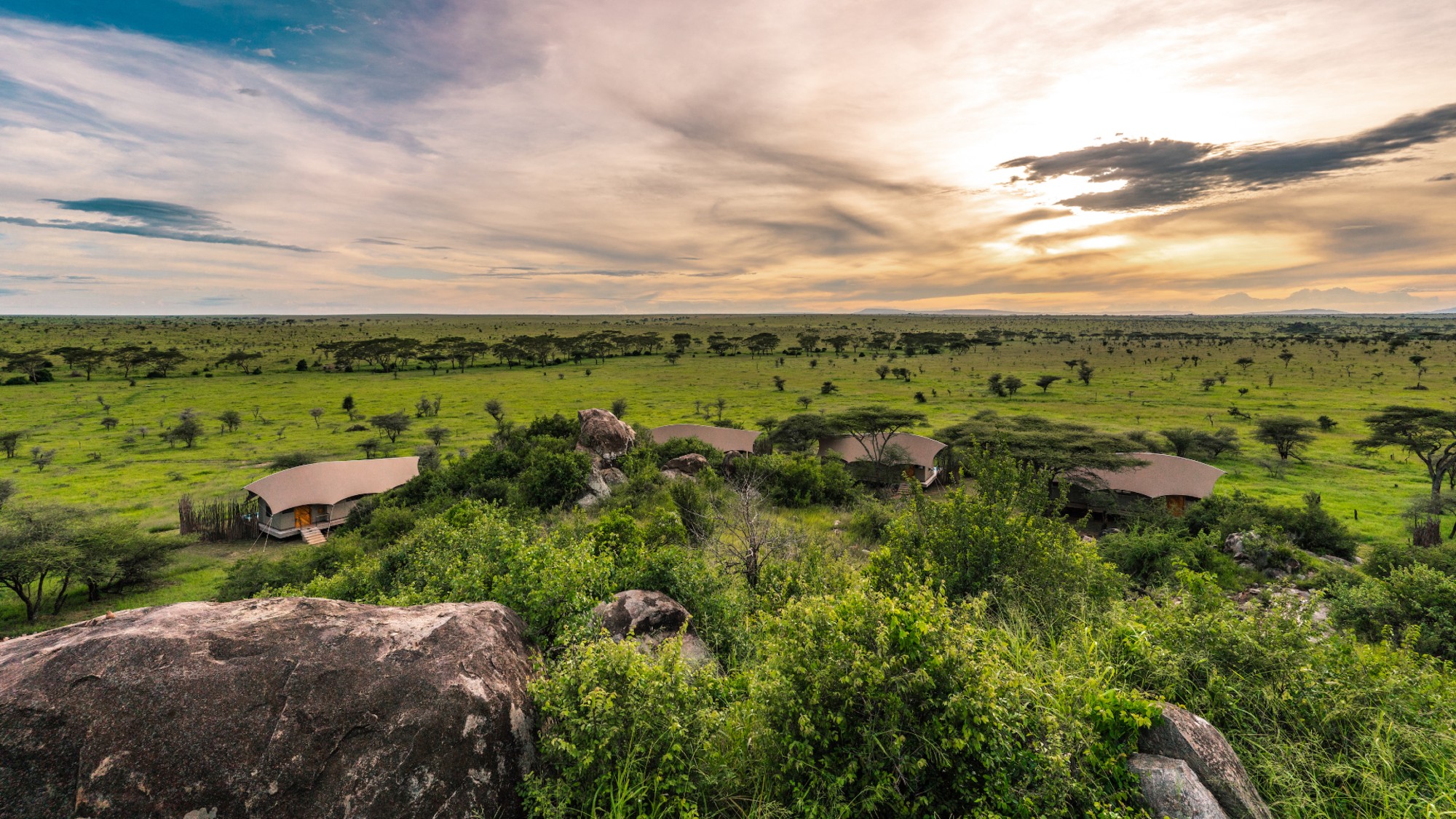 Experience Tanzania’s untamed wilderness from Lemala’s luxury lodges
Experience Tanzania’s untamed wilderness from Lemala’s luxury lodgesThe Week Recommends The vast protected landscapes are transformed into a verdant paradise during ‘emerald season’
-
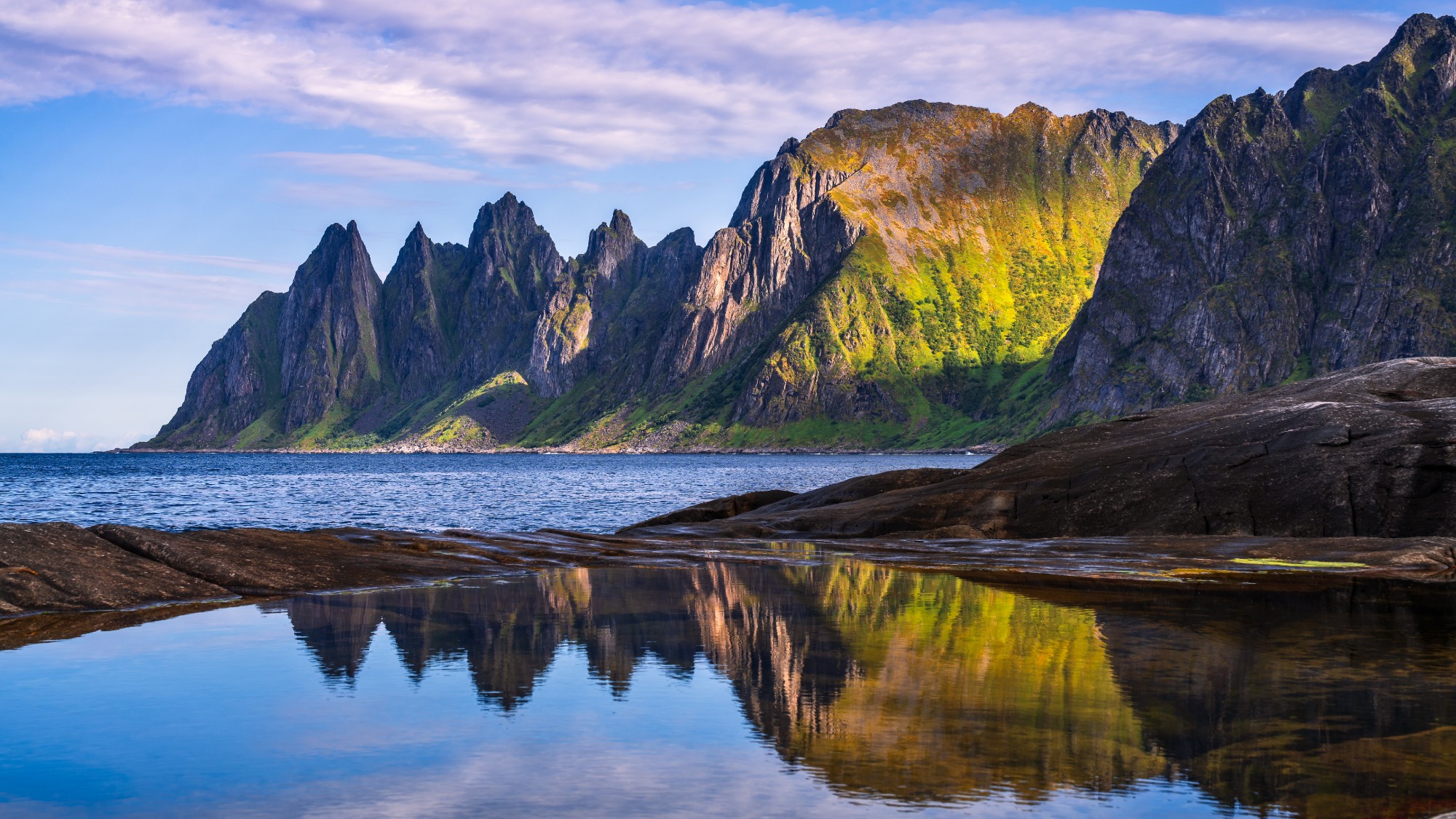 Go beyond the islands you already know in these 8 countries. Surprises await.
Go beyond the islands you already know in these 8 countries. Surprises await.The Week Recommends These destinations fly under the radar
-
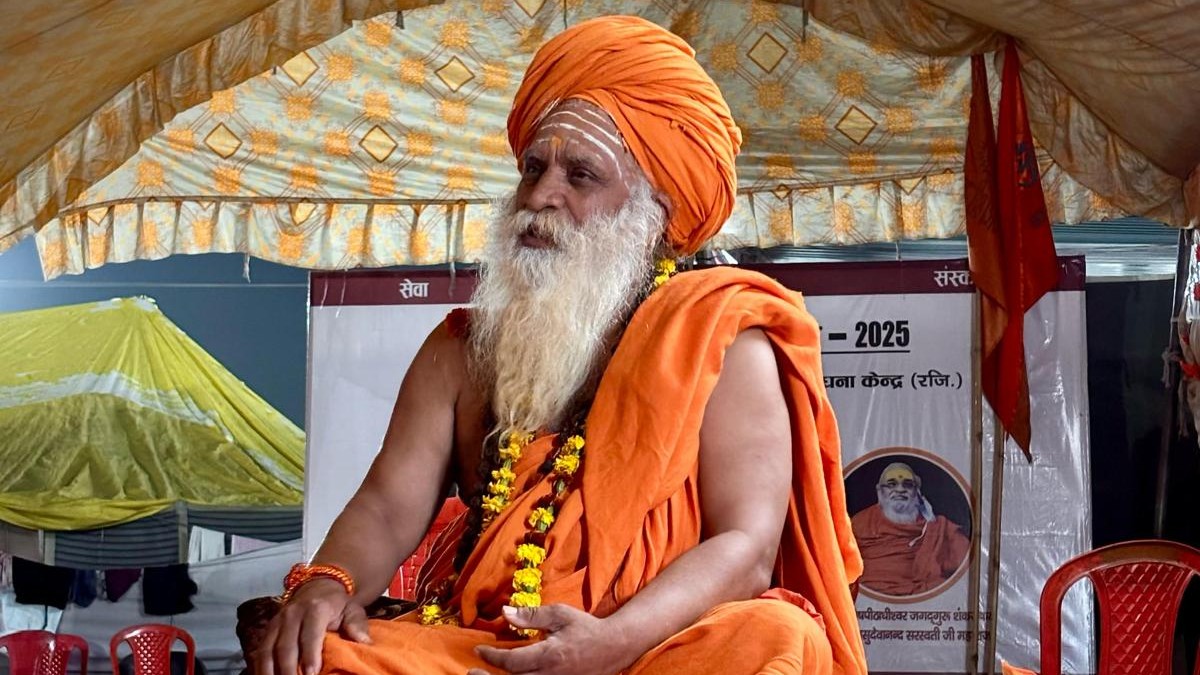 Uttar Pradesh: from a once-in-a-generation festival to tiger tracking in an ancient forest
Uttar Pradesh: from a once-in-a-generation festival to tiger tracking in an ancient forestThe Week Recommends Soak up the state's rich culture on one of Explorations Company's specially curated tours
-
 Friendship: 'bromance' comedy starring Paul Rudd and Tim Robinson
Friendship: 'bromance' comedy starring Paul Rudd and Tim RobinsonThe Week Recommends 'Lampooning and embracing' middle-aged male loneliness, this film is 'enjoyable and funny'
-
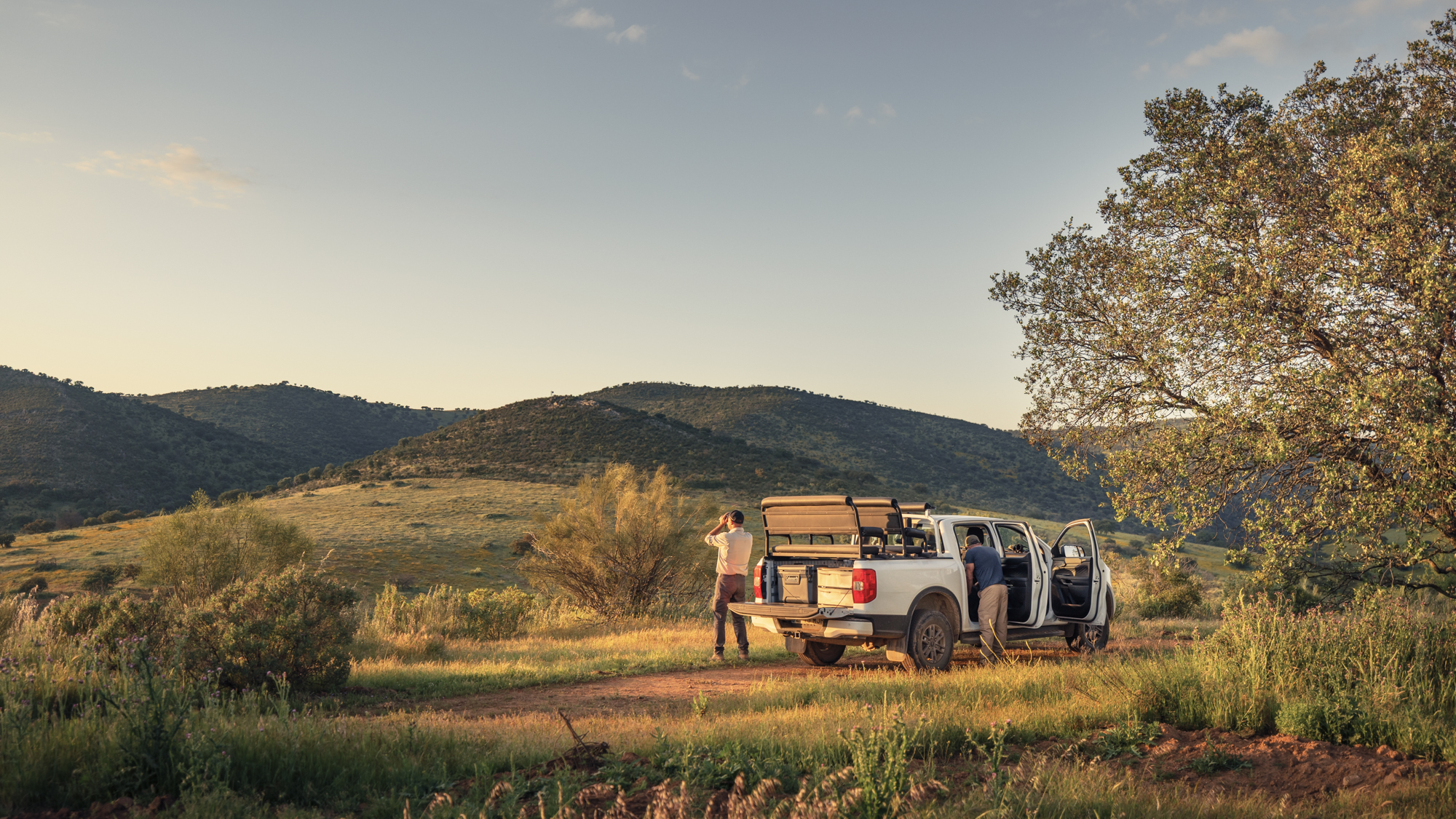 On the trail of the Iberian lynx
On the trail of the Iberian lynxThe Week Recommends Explore the culture, food – and wildlife – of Extremadura on this stunning Spanish safari
-
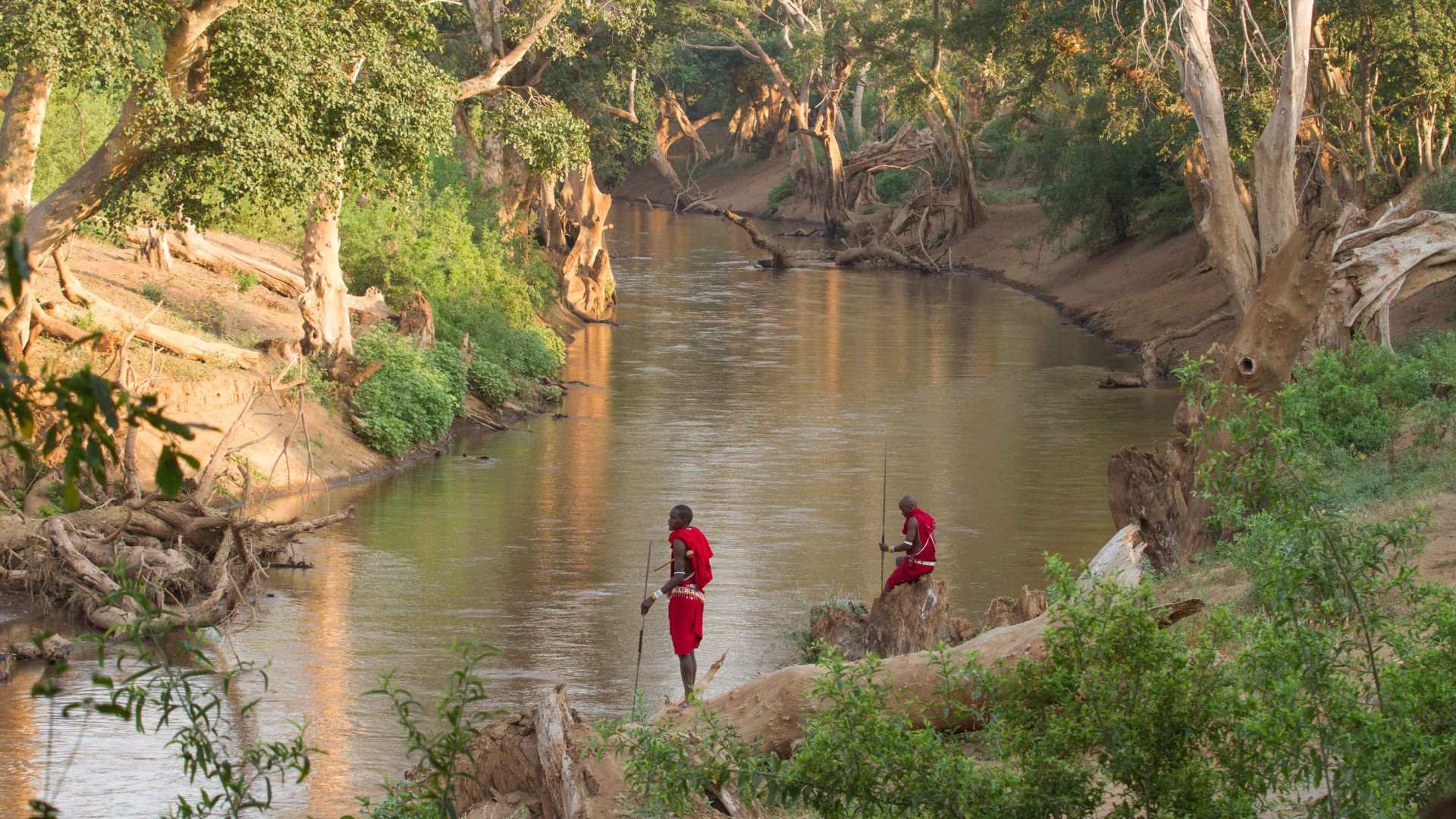 Shompole Wilderness Camp: immerse yourself in nature at this secluded retreat
Shompole Wilderness Camp: immerse yourself in nature at this secluded retreatThe Week Recommends This luxurious family-run camp in southern Kenya has access to more than 350,000 acres of pristine savannah